1. Keep a migraine diary to track triggers, symptoms, and potential patterns
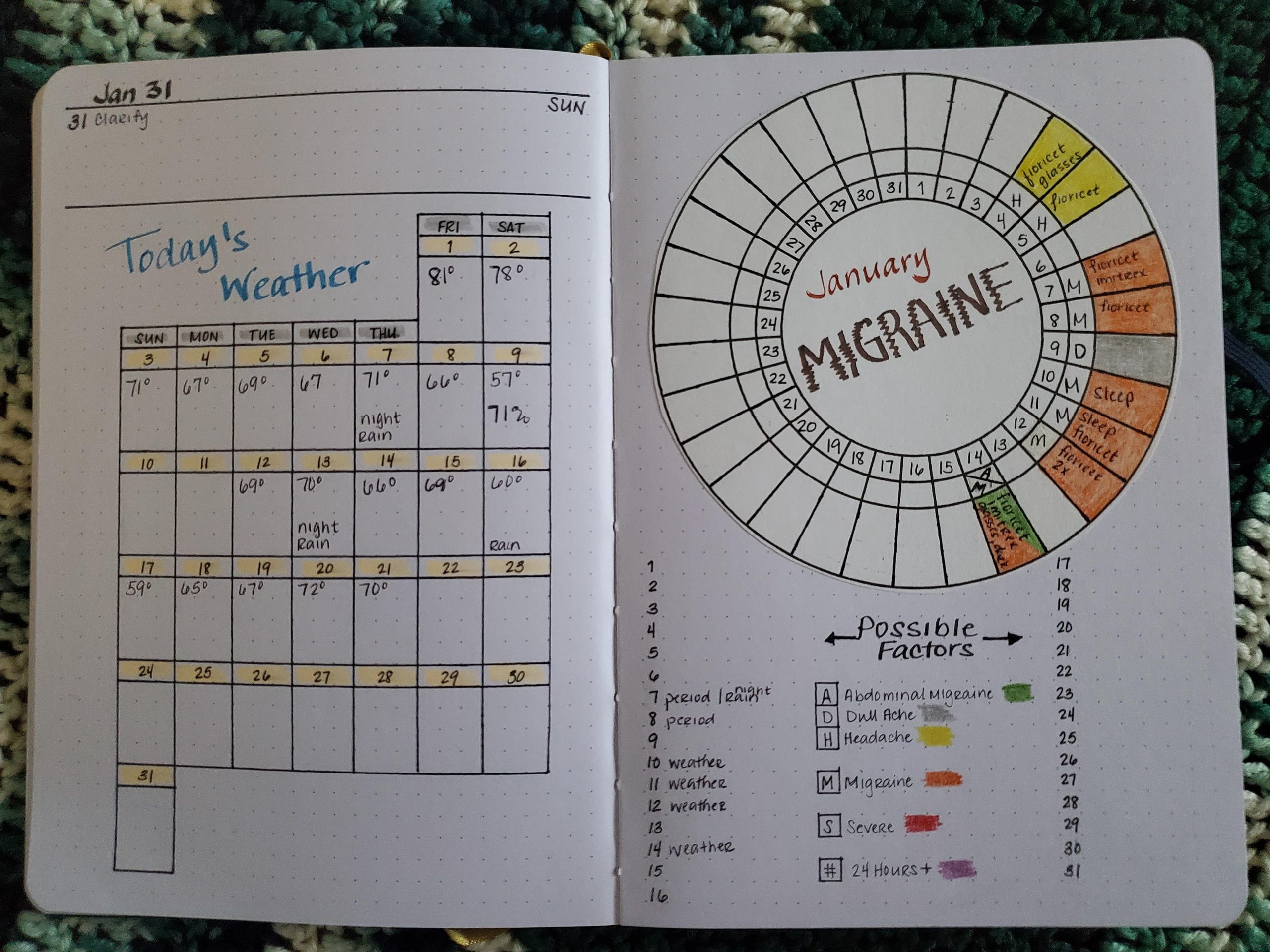
Image source: Reddit
In your diary, you can also include details about your emotional state, weather changes, menstrual cycle (if applicable), and any medications you're taking. These factors could contribute to your migraines and help you and your healthcare provider identify patterns more accurately.
2. Ensure you're getting enough sleep and maintain a regular sleep schedule
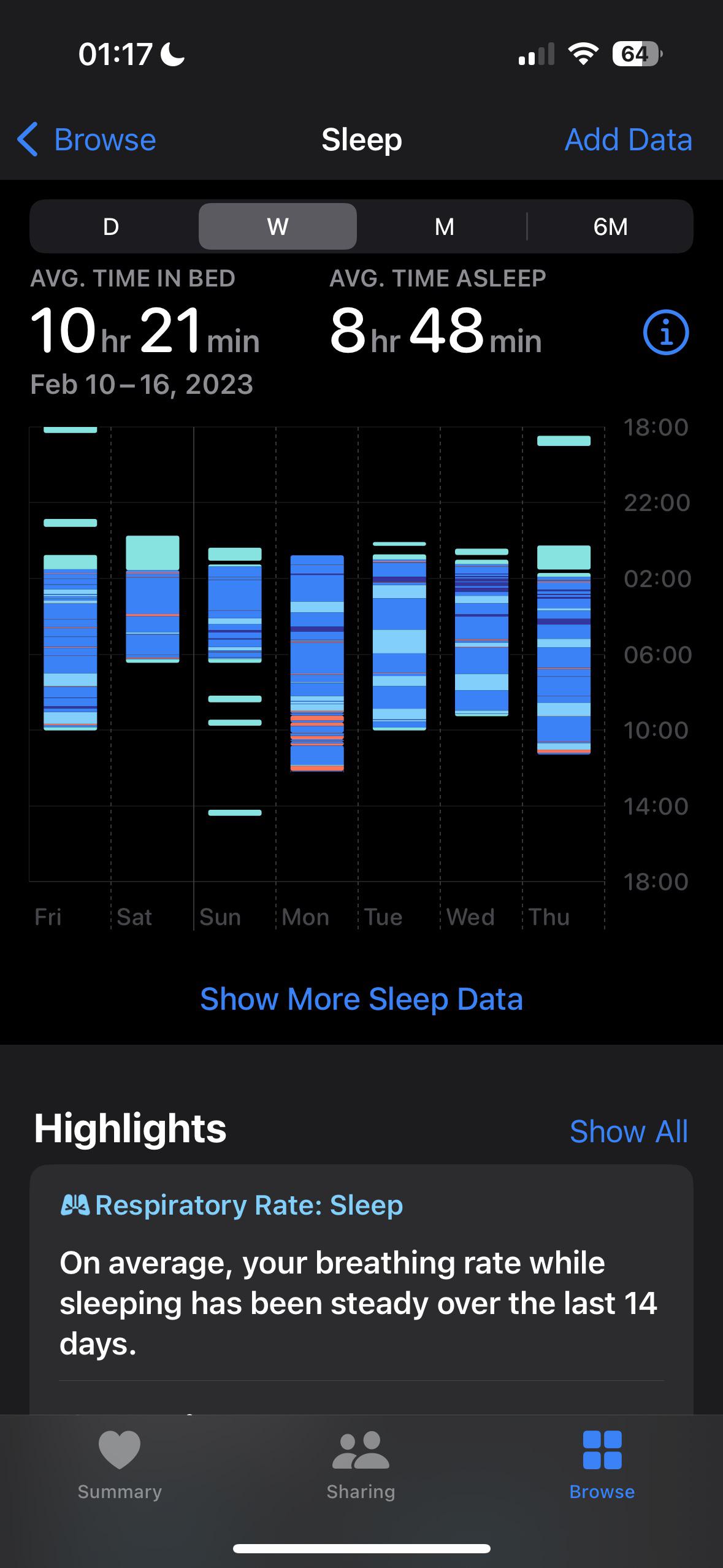
Image source: Reddit
Create a conducive sleep environment by keeping your bedroom cool, dark, and quiet. Establish a relaxing bedtime routine to signal to your body that it's time to wind down. Avoid screens (phones, computers, TVs) at least an hour before bedtime, as the blue light emitted can interfere with your sleep cycle.
3. Stay hydrated by drinking plenty of water throughout the day
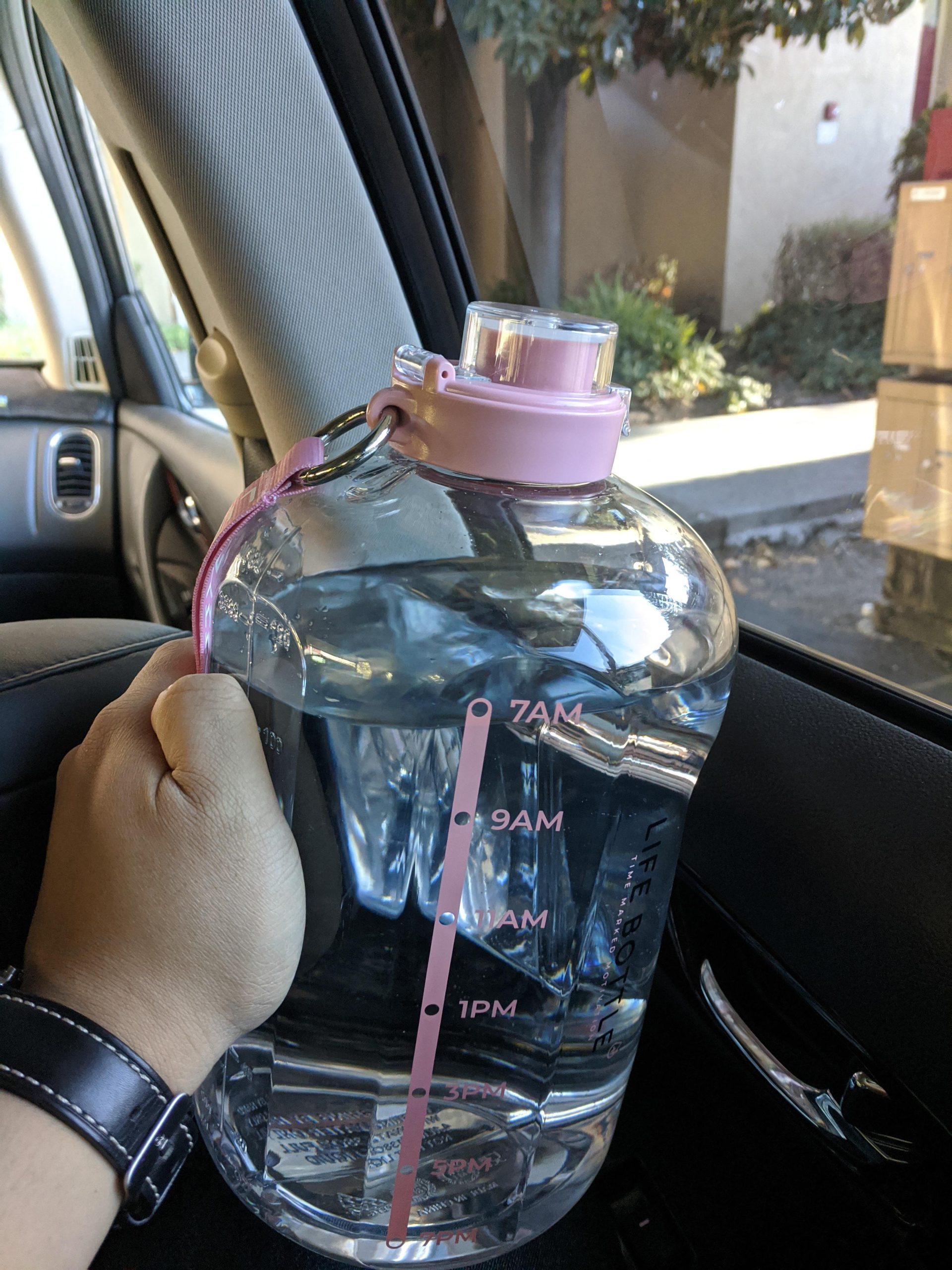
Image source: Reddit
Dehydration can trigger migraines in some individuals. Carry a reusable water bottle and sip water regularly throughout the day, especially in hot weather or during physical activity. Monitor your urine color – pale yellow indicates proper hydration and a darker hue means drink more.
4. Manage stress through relaxation techniques such as deep breathing, meditation, or yoga
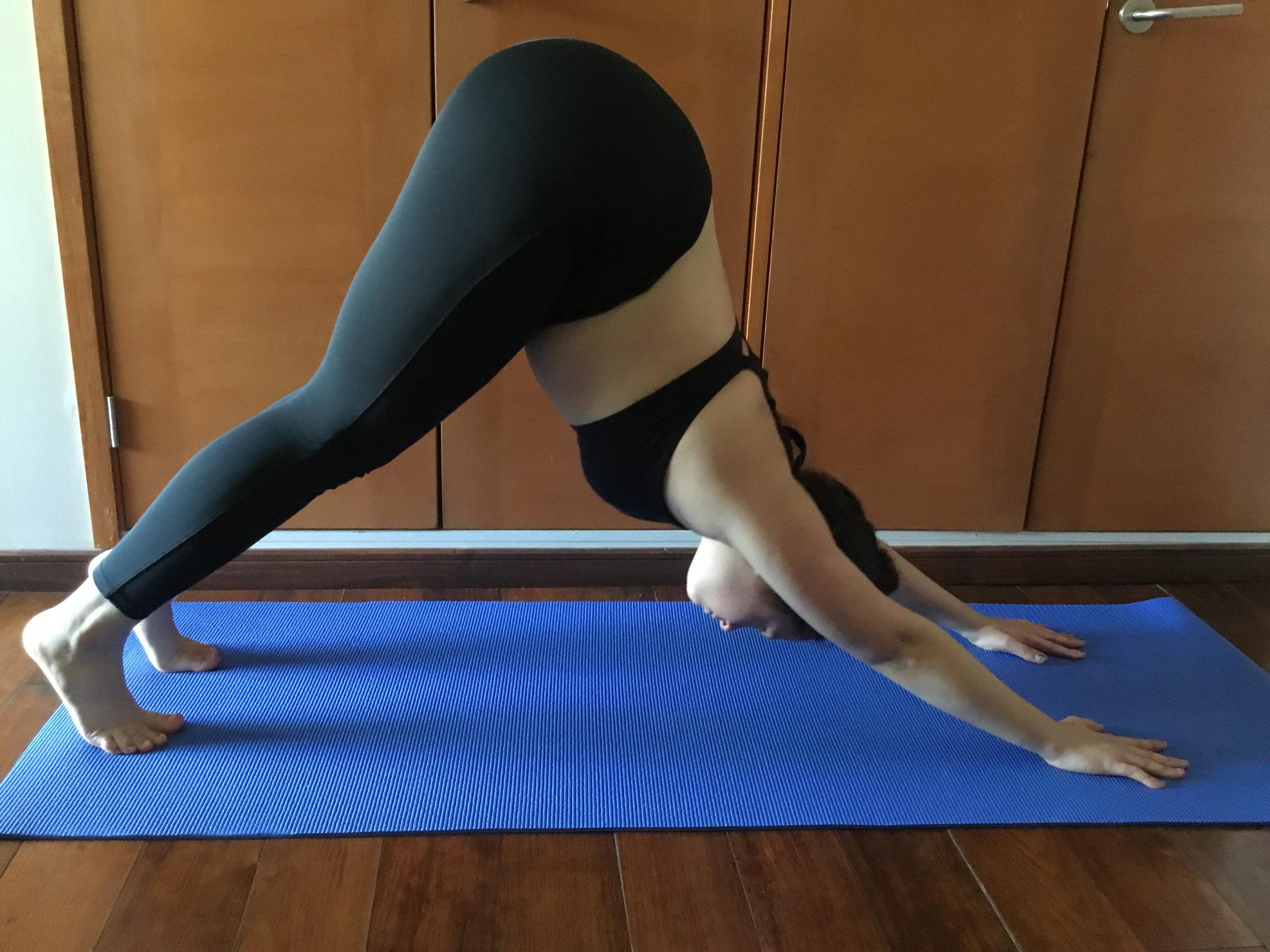
Image source: Reddit
Incorporate stress-reduction practices into your daily routine to help relax your mind and body. Practice deep breathing exercises, mindfulness meditation, or gentle yoga poses to alleviate stress and tension. Get into the habit of spending a little time doing these every single day.
5. Identify and avoid potential trigger foods

Image source: Reddit
Common trigger foods for migraines include aged cheeses, processed meats, chocolate, caffeine, and artificial sweeteners. Keep track of your diet and avoid foods that consistently trigger migraines for you. Consider consulting a registered dietitian who can help you identify potential triggers and create a personalized nutrition plan.
6. Limit caffeine intake or try avoiding it altogether if it triggers migraines

Image source: Reddit
Gradually reduce your caffeine consumption to avoid withdrawal symptoms. Experiment with caffeine-free alternatives such as herbal tea or decaffeinated beverages. You may not like the caffeine free version but when you get used to it, you actually prefer it!
7. Establish regular meal times and avoid skipping meals

Image source: Reddit
Maintain stable blood sugar levels by eating balanced meals and snacks throughout the day. Avoid skipping meals, which can trigger migraines due to low blood sugar levels. Even if you don't feel hungry at meal times, have a snack and this will train your stomach.
8. Consider dietary supplements like magnesium, riboflavin (vitamin B2), and Coenzyme Q10
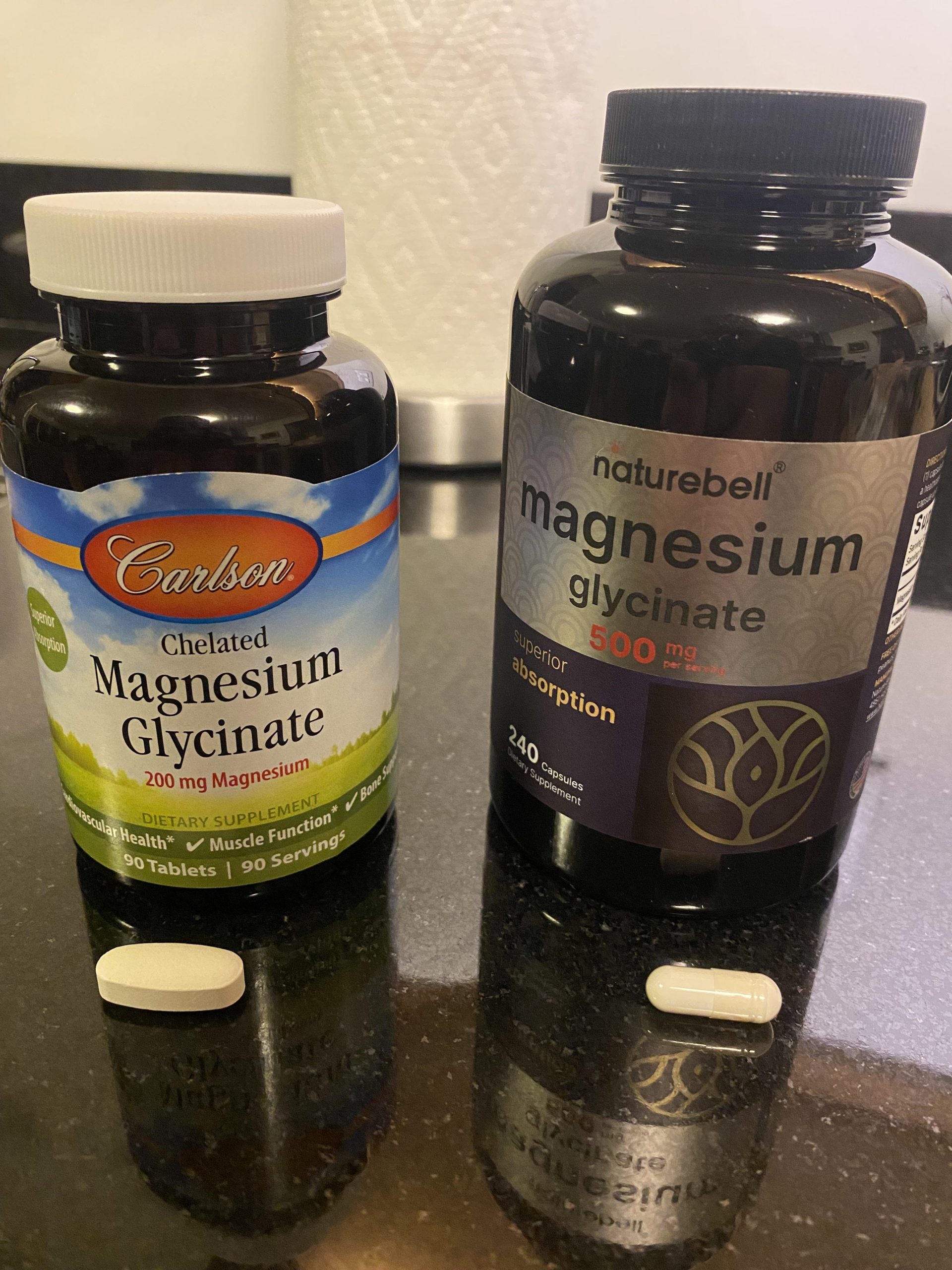
Image source: Reddit
These great supplements may really help reduce the frequency and severity of migraines in some individuals. It's really important to consult with your healthcare provider before starting any new supplements to determine the appropriate dosage for you.
9. Apply cold packs or use a cold compress on your head during a migraine attack
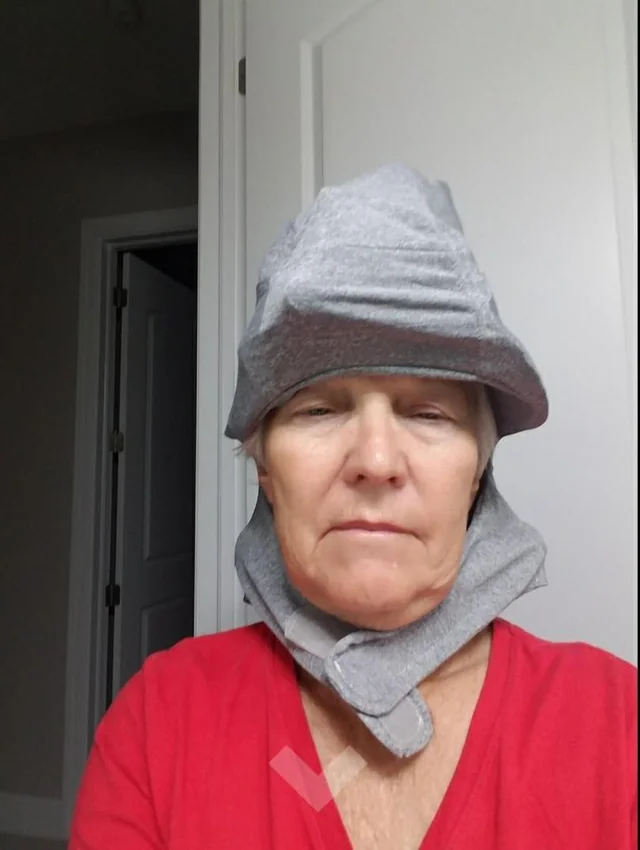
Image source: Reddit
Cold therapy can help numb the pain and reduce inflammation associated with migraines. Apply a cold pack or ice pack to the forehead or neck for 15-20 minutes at a time. You can also try alternating between cold and hot packs to see which provides more relief.
10. Explore alternative therapies such as acupuncture, biofeedback, or cognitive-behavioral therapy (CBT)
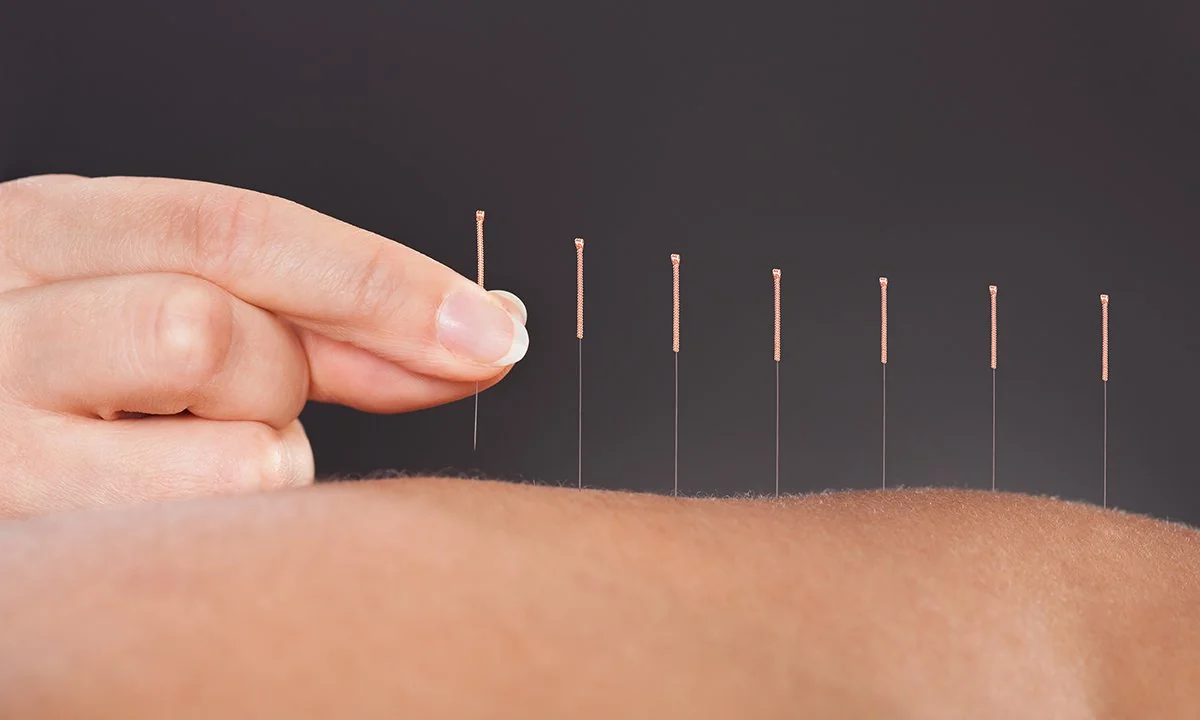
Image source: Reddit
These therapies can help manage pain and stress associated with migraines. Consider working with a qualified practitioner to explore alternative treatment options. Acupuncture, for example, involves inserting thin needles into specific points on the body to alleviate pain and promote healing.
11. Maintain good posture and take frequent breaks if you spend long periods in front of a computer or screen
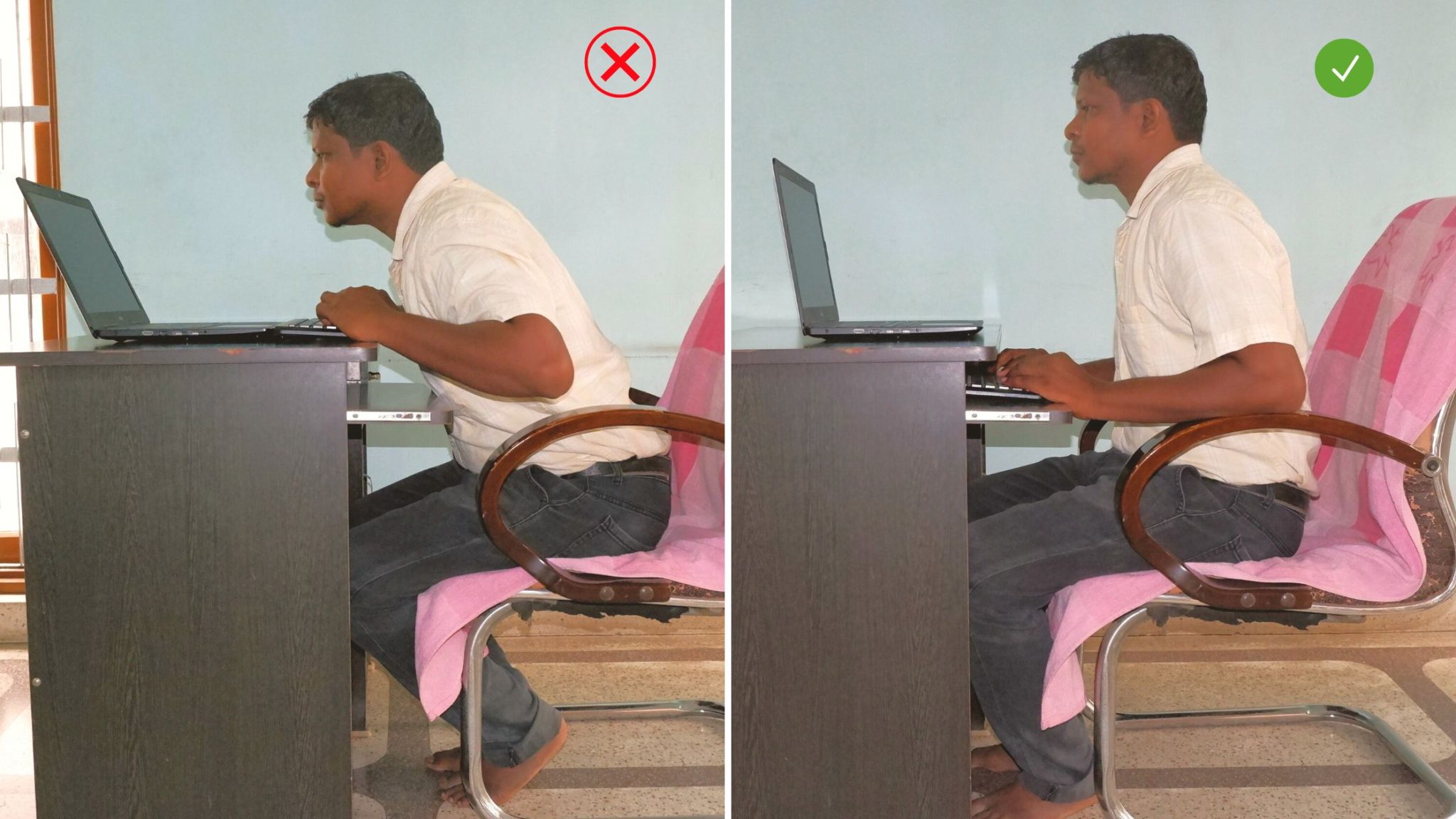
Image source: The Guardian
Poor posture and prolonged screen time can contribute to muscle tension and trigger migraines. Practice good ergonomics and take regular breaks to stretch and rest your eyes. Consider using ergonomic furniture and accessories such as an ergonomic chair or a standing desk to support your posture.
12. Practice relaxation techniques like progressive muscle relaxation or guided imagery
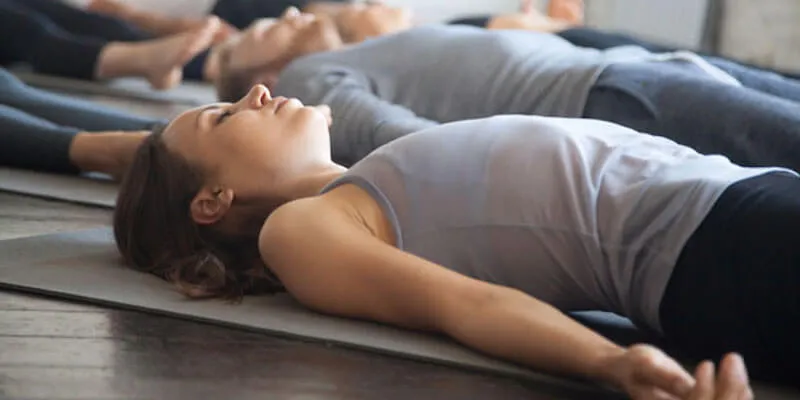
Image source: PhysioWeb
These techniques can help reduce muscle tension, promote relaxation, and alleviate migraine symptoms. Experiment with different relaxation methods to find what works best for you. Progressive muscle relaxation involves tensing and then relaxing different muscle groups in your body, helping to release physical tension and stress.
13. Use over-the-counter pain relievers such as ibuprofen, acetaminophen, or aspirin at the onset of a migraine attack

Image source: Reddit
These medications can help relieve pain and reduce inflammation during a migraine attack. Follow the recommended dosage instructions and consult with your healthcare provider if you have any concerns. Be cautious about using over-the-counter pain relievers too frequently, as they can lead to medication overuse headaches.
14. Talk to your doctor about prescription medications specifically designed to prevent migraines or to alleviate symptoms during an attack
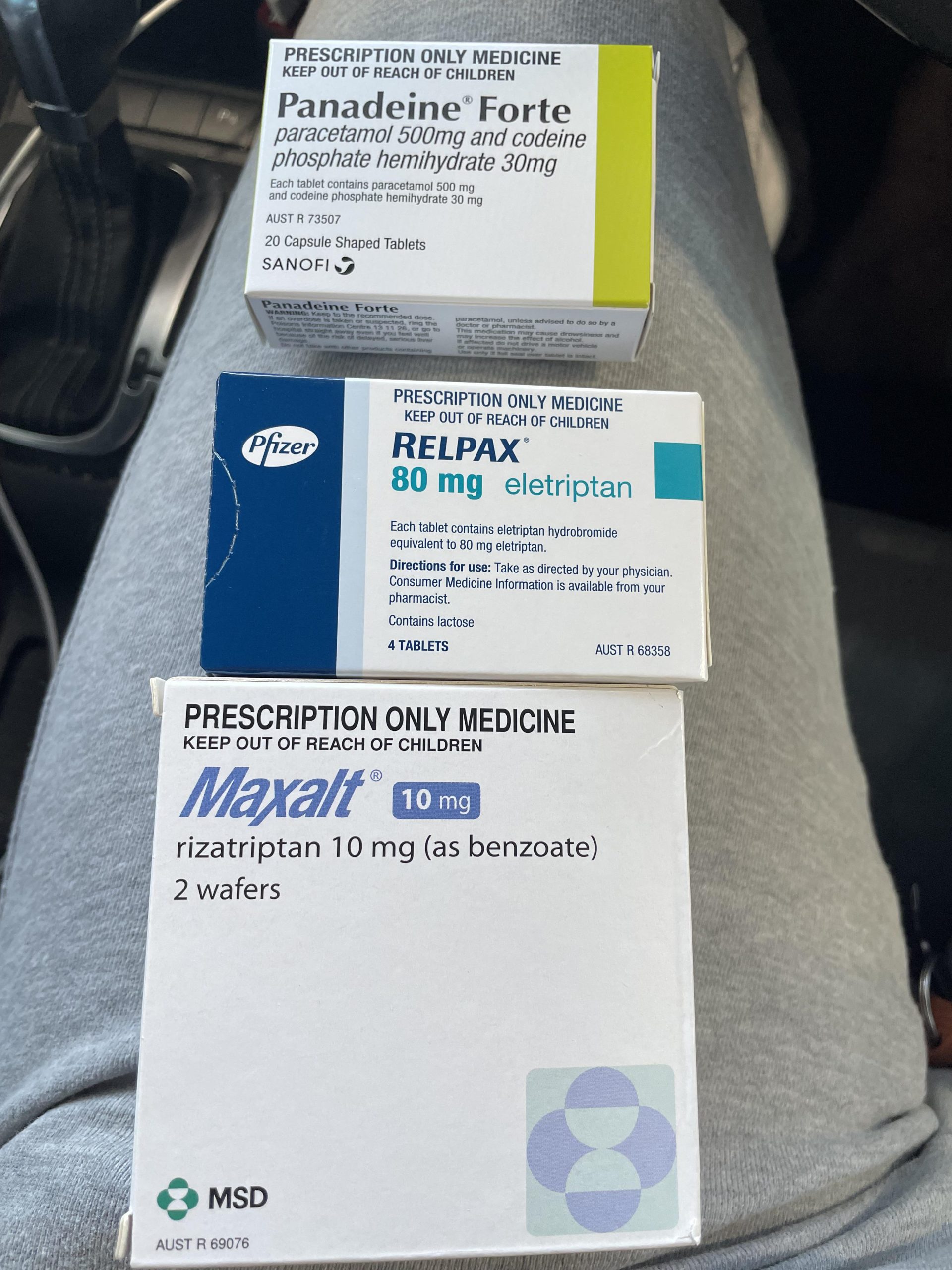
Image source: Reddit
Your healthcare provider may prescribe medications such as triptans, beta-blockers, or antidepressants to prevent migraines or treat acute migraine attacks. Discuss the potential benefits and side effects of these medications with your doctor and follow their recommendations closely.
15. Create a calm and quiet environment during a migraine episode
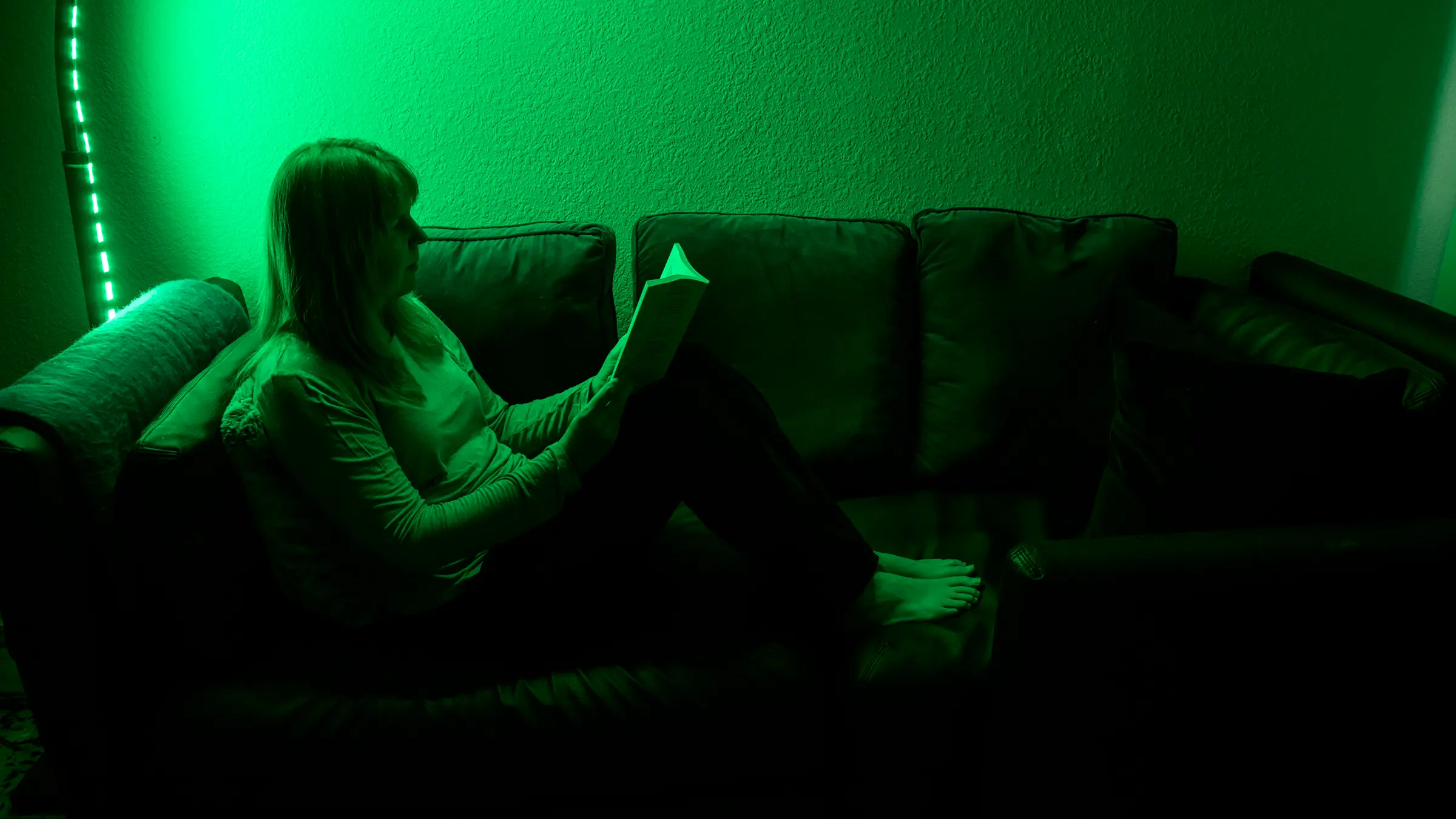
Image source: Atlas
Dim the lights, reduce noise, and find a comfortable place to rest during a migraine attack. Use relaxation techniques such as deep breathing or visualization to help manage pain and promote relaxation. Consider using earplugs or a white noise machine to block out distracting sounds.
16. Consider wearing sunglasses or using a hat with a brim to reduce exposure to bright lights and glare
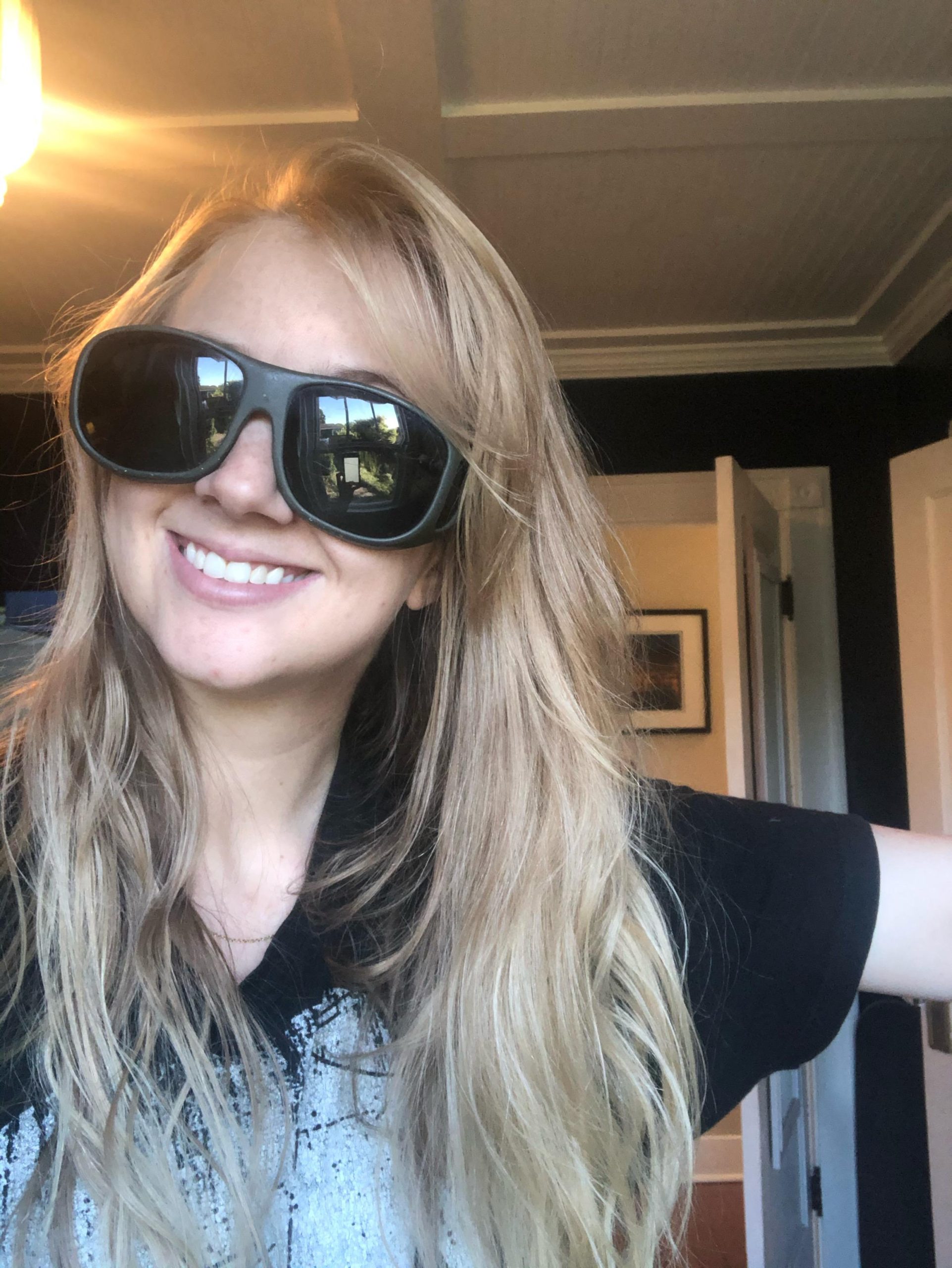
Image source: Reddit
Light sensitivity is a common symptom of migraines. Wearing sunglasses or a hat with a brim can help reduce exposure to bright lights and minimize migraine triggers. Look for sunglasses that offer 100% UV protection and choose styles with wraparound frames to block out light from the sides.
17. Practice good posture and ergonomics to avoid muscle tension that can trigger migraines
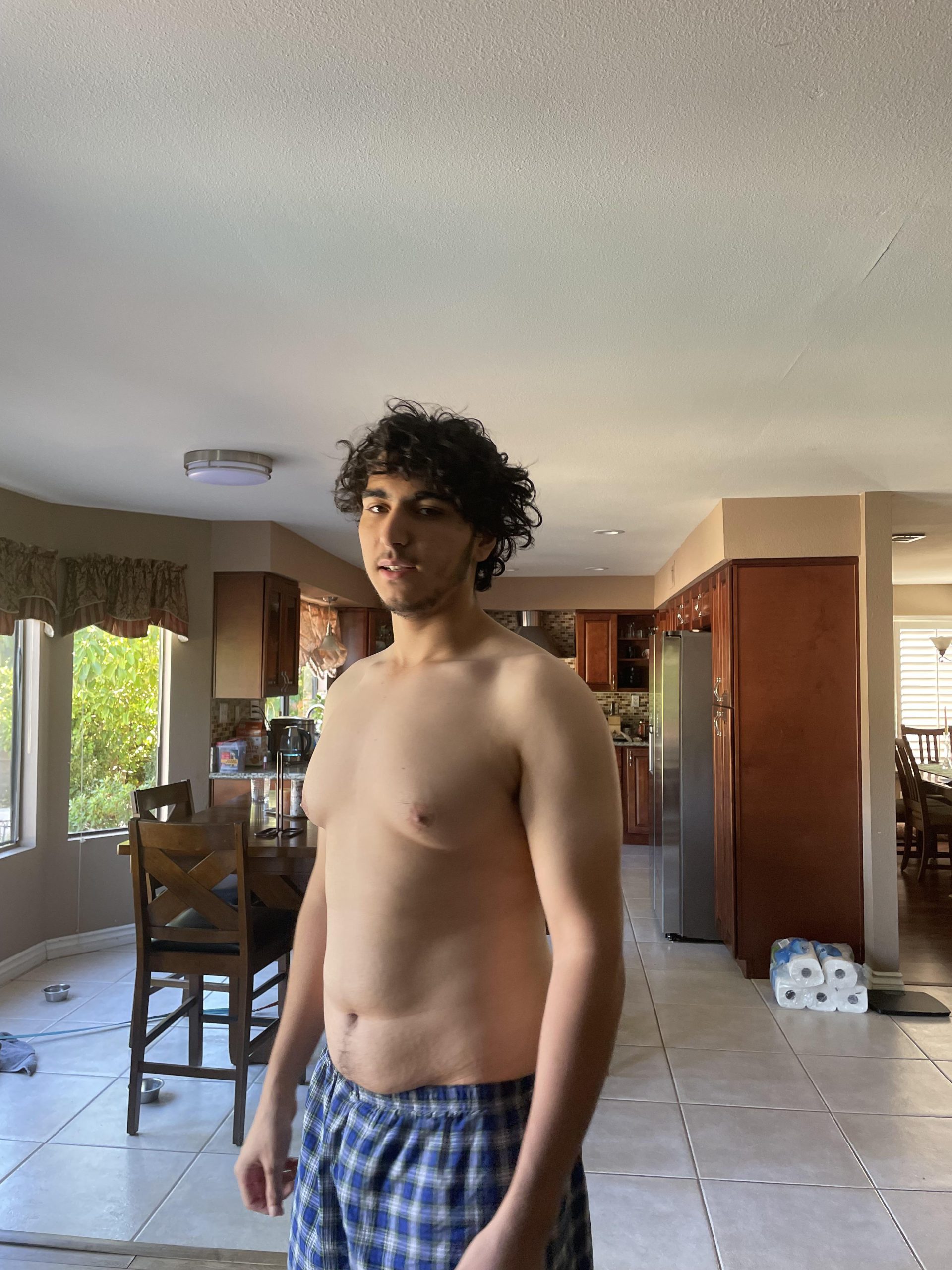
Image source: Reddit
Maintain proper posture while sitting, standing, and walking to prevent muscle strain and tension headaches. Use ergonomic furniture and equipment to support your body's natural alignment. Consider seeing a physical therapist or ergonomic specialist for personalized recommendations.
18. Engage in regular physical activity

I
mage source: RedditRegular exercise can help reduce the frequency and severity of migraines by improving blood flow, reducing stress, and promoting overall well-being. Choose low-impact activities such as walking, swimming, or cycling to minimize the risk of triggering migraines. Aim for at least 30 minutes of moderate-intensity exercise on most days of the week.
19. Explore relaxation techniques such as guided imagery, progressive muscle relaxation, or mindfulness meditation
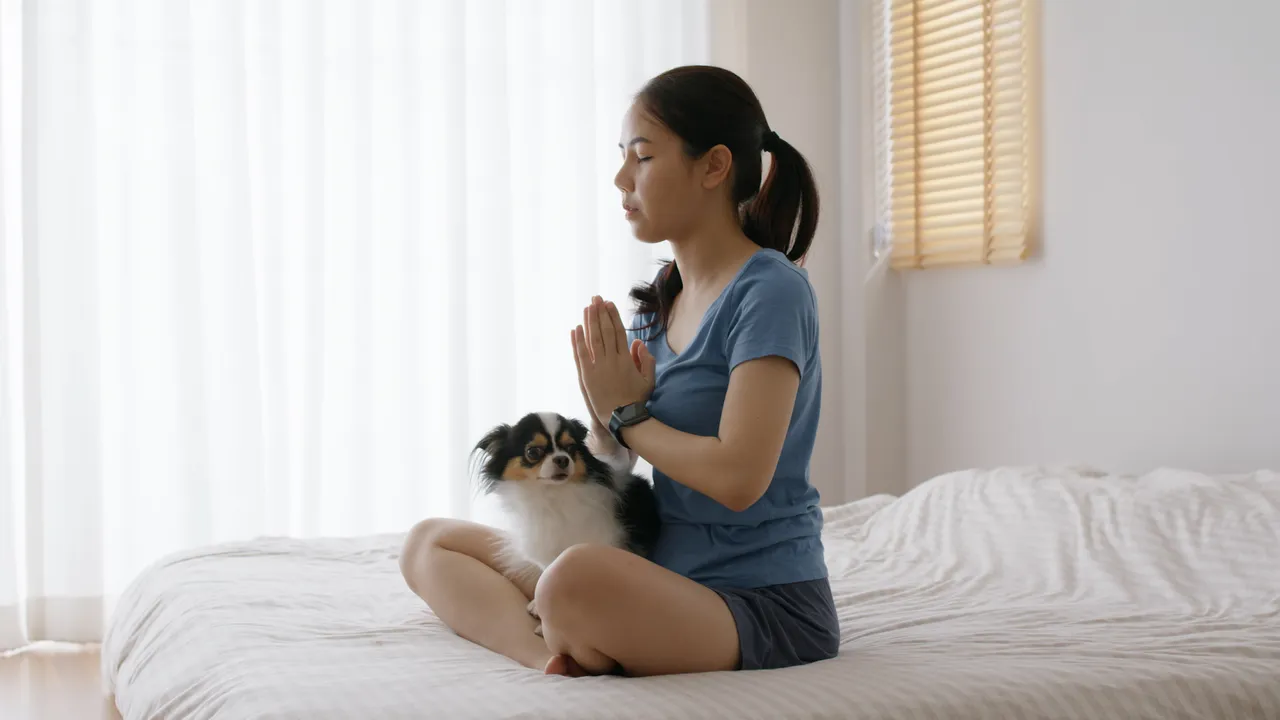
Image source: USA Today
These techniques can help relax the mind and body, reduce stress, and alleviate migraine symptoms. Incorporate relaxation practices into your daily routine to promote overall well-being. Consider attending classes or workshops to learn new relaxation techniques and connect with others who share similar challenges.
20. Discuss preventive treatments such as Botox injections or nerve stimulation devices with your healthcare provider
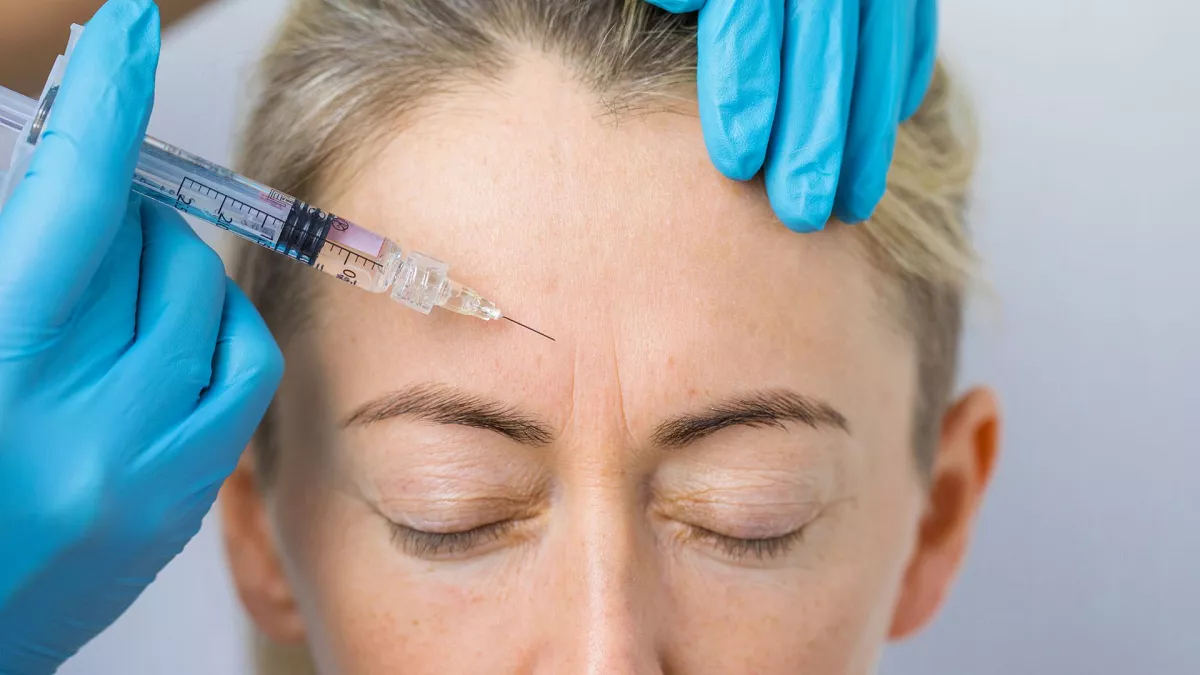
Image source: Euronews.com
These treatments may be recommended for individuals with severe or frequent migraines that do not respond to other interventions. Consult with your healthcare provider to determine if these treatments are appropriate for you and discuss potential risks and benefits.
21. Biofeedback therapy
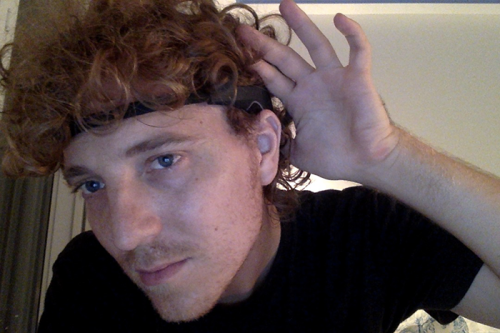
Image source: Tim Ferris
Biofeedback therapy teaches individuals how to control physiological responses that may contribute to migraines, such as muscle tension, heart rate, and blood pressure. By using electronic monitoring devices, individuals can learn to recognize and control these responses through relaxation techniques.
22. Emotional triggers journal
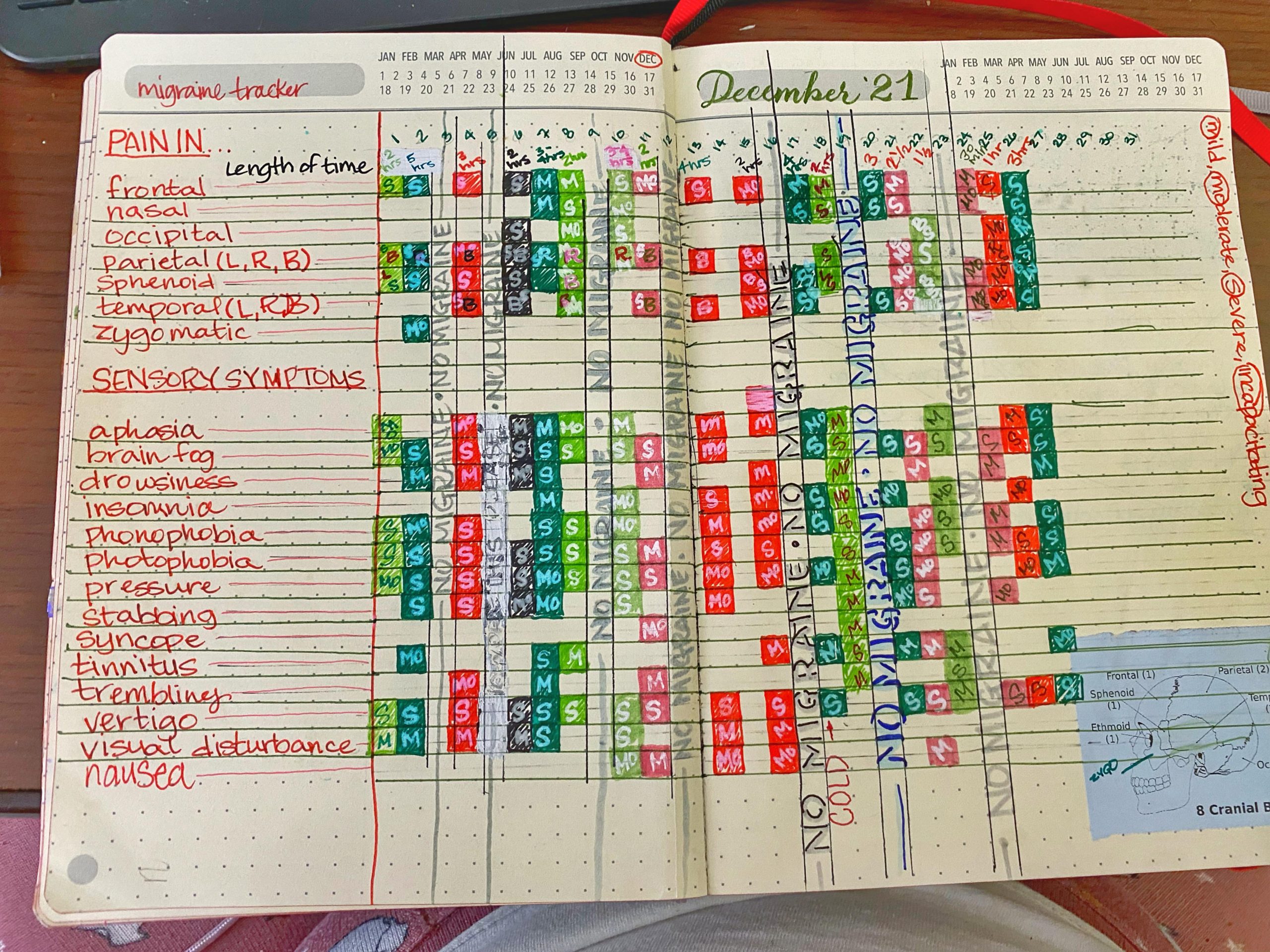
Image source: Reddit
Keeping a journal of emotional triggers involves recording stressful events, conflicts, or emotional experiences that may precede or exacerbate migraine attacks. By identifying patterns in emotional triggers, individuals can develop coping strategies such as stress management techniques, mindfulness practices, or seeking support.
23. Herbal remedies

Image source: One Atomic Blonde
Some herbal remedies, such as feverfew and butterbur, have been studied for their potential to prevent migraines. Feverfew, for example, is believed to have anti-inflammatory and vasodilatory properties that may help reduce the frequency and severity of migraines. Butterbur extract has also shown promise in clinical studies for migraine prevention.
24. Sleep hygiene

Image source: Reddit
Good sleep hygiene involves adopting healthy sleep habits to promote restful and rejuvenating sleep. This includes maintaining a consistent sleep schedule, creating a comfortable sleep environment (cool, dark, and quiet), avoiding stimulating activities before bedtime, and limiting caffeine and alcohol consumption.
25. Weighted eye mask/cooling gel mask
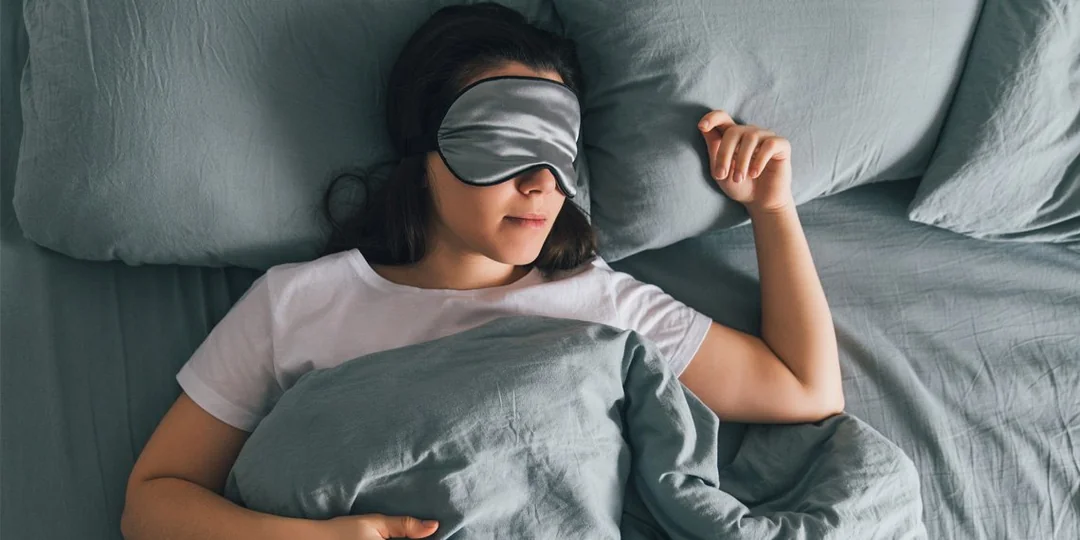
Image source: Reddit
Weighted eye masks or cooling gel masks can provide relief during migraine attacks by reducing eye strain and sensitivity to light. Weighted eye masks apply gentle pressure to the eyes and surrounding areas, which can help alleviate tension and promote relaxation.
26. Mindfulness-based stress reduction (MBSR)
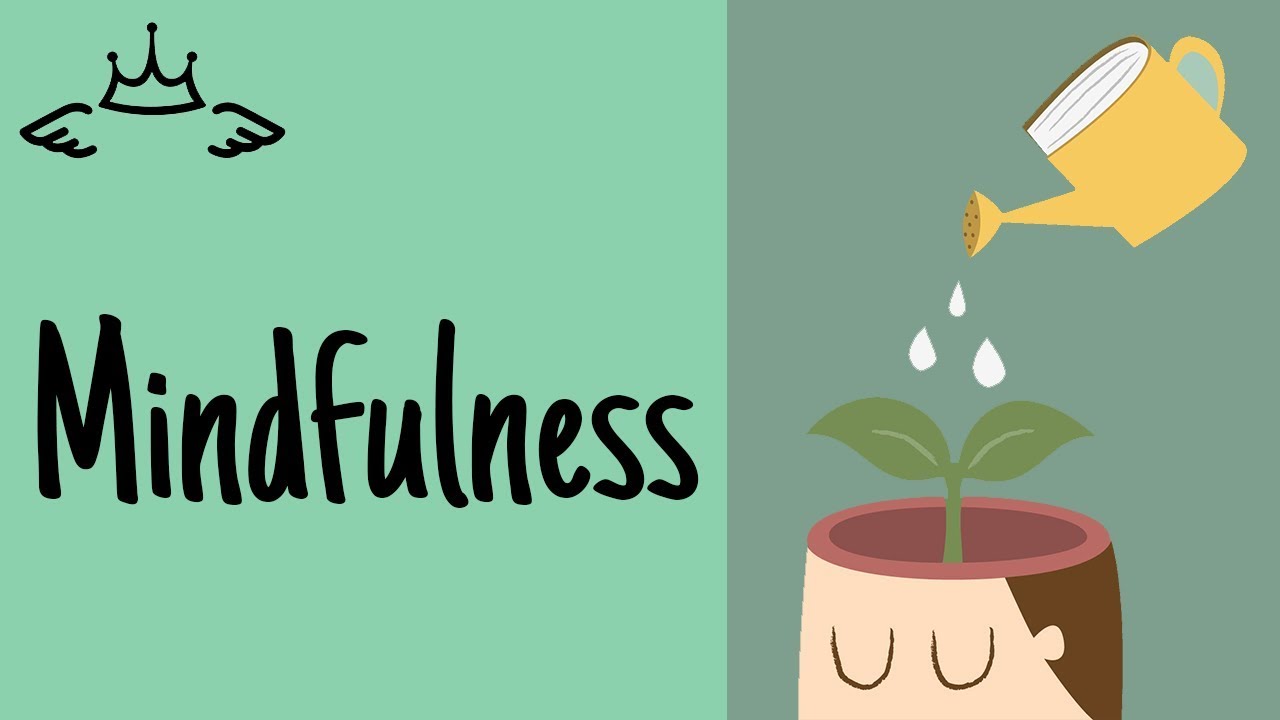
Image source: Reddit
MBSR is a structured program that incorporates mindfulness meditation, body awareness, and yoga to reduce stress and promote overall well-being. Through mindfulness practices, individuals learn to cultivate awareness of their thoughts, emotions, and bodily sensations, which can help reduce the intensity and frequency of migraines by managing stress more effectively.
27. Blue light blocking glasses/screen filters
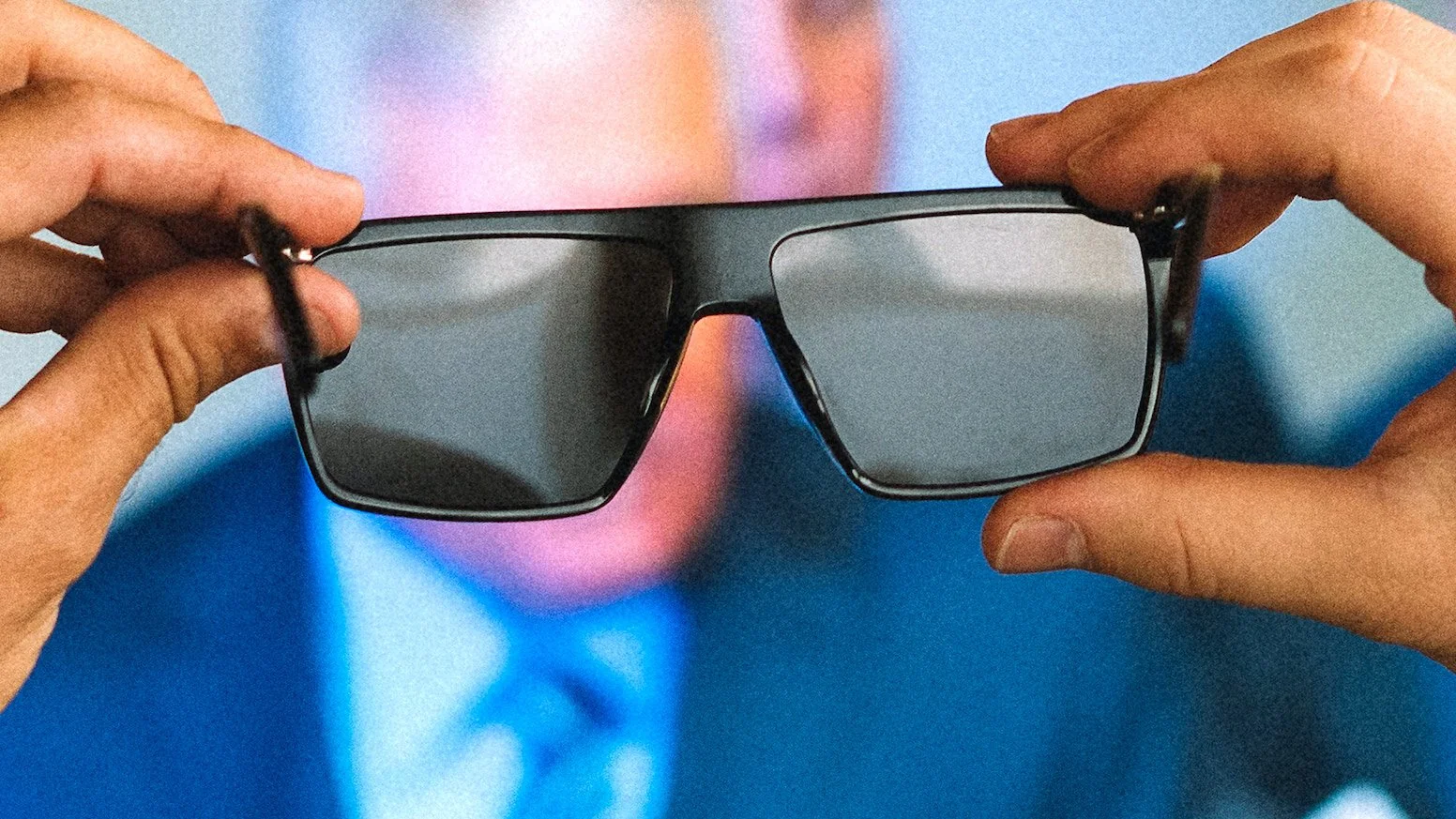
Image source: Reddit
Blue light-blocking glasses and screen filters are designed to reduce exposure to blue light emitted by electronic devices such as smartphones, computers, and tablets. Blue light exposure can disrupt the body's natural sleep-wake cycle and trigger migraines in susceptible individuals.
28. Nasal saline sprays/irrigation systems

Image source: Reddit
Nasal saline sprays and irrigation systems can help alleviate congestion and reduce sinus-related migraines by flushing out irritants and allergens from the nasal passages. Saline sprays moisturize the nasal lining and thin mucus, making it easier to clear congestion and relieve pressure.
29. Atmospheric pressure changes

Image source: Reddit
Sudden shifts in atmospheric pressure, such as those associated with weather changes or altitude variations, can trigger migraines in some individuals. Barometric pressure changes can affect the pressure within the sinuses and blood vessels, leading to migraine attacks.
30. Dietary changes

Image source: Reddit
Dietary factors can play a significant role in triggering migraines for some individuals. Common dietary triggers include certain foods and beverages such as aged cheeses, processed meats, chocolate, caffeine, and artificial sweeteners. Keeping a food diary and eliminating potential triggers from the diet can help identify specific foods that may contribute to migraines.
31. Hydration

Image source: Reddit
Maintaining proper hydration is crucial for migraine management. Dehydration can trigger migraines in some individuals, so it's important to drink plenty of water throughout the day. Carry a refillable water bottle with you and aim to drink at least eight glasses of water per day.
32. Regular exercise
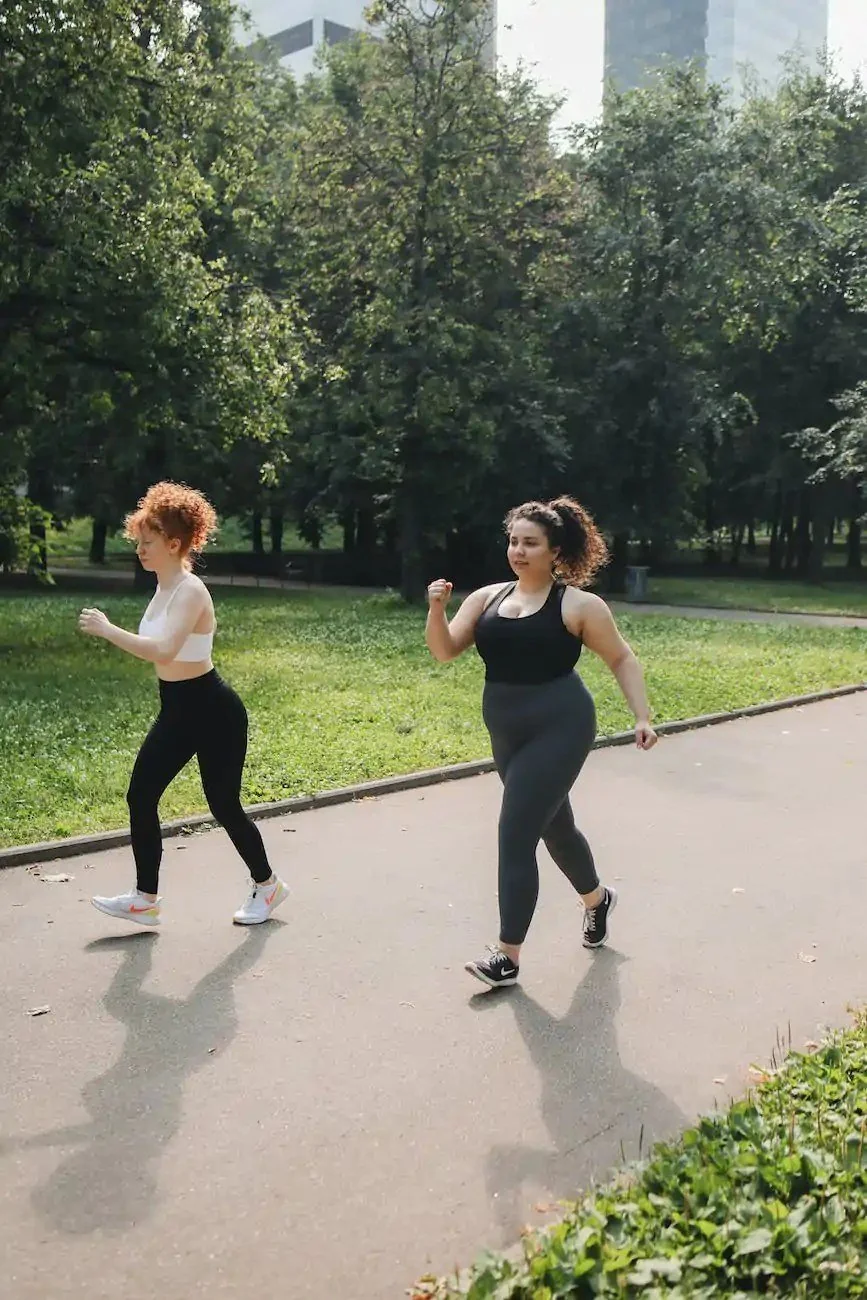
Image source: Reddit
Engaging in regular physical activity can help reduce the frequency and severity of migraines. Exercise releases endorphins, which are natural painkillers and mood boosters. Aim for at least 30 minutes of moderate-intensity exercise most days of the week, such as brisk walking, swimming, or cycling.
33. Stress management

Image source: Reddit
Stress is a common trigger for migraines. Practice stress management techniques such as deep breathing, progressive muscle relaxation, meditation, yoga, or tai chi to help reduce stress levels and prevent migraines. Incorporate stress-reducing activities into your daily routine to promote relaxation and well-being.
34. Limit alcohol consumption

Image source: Reddit
Alcohol, especially red wine, beer, and spirits, can trigger migraines in some individuals. Limit alcohol consumption or avoid it altogether if you notice that it consistently triggers migraines for you. Be mindful of your alcohol intake and choose low-risk beverages if you do drink.
35. Avoid strong odors
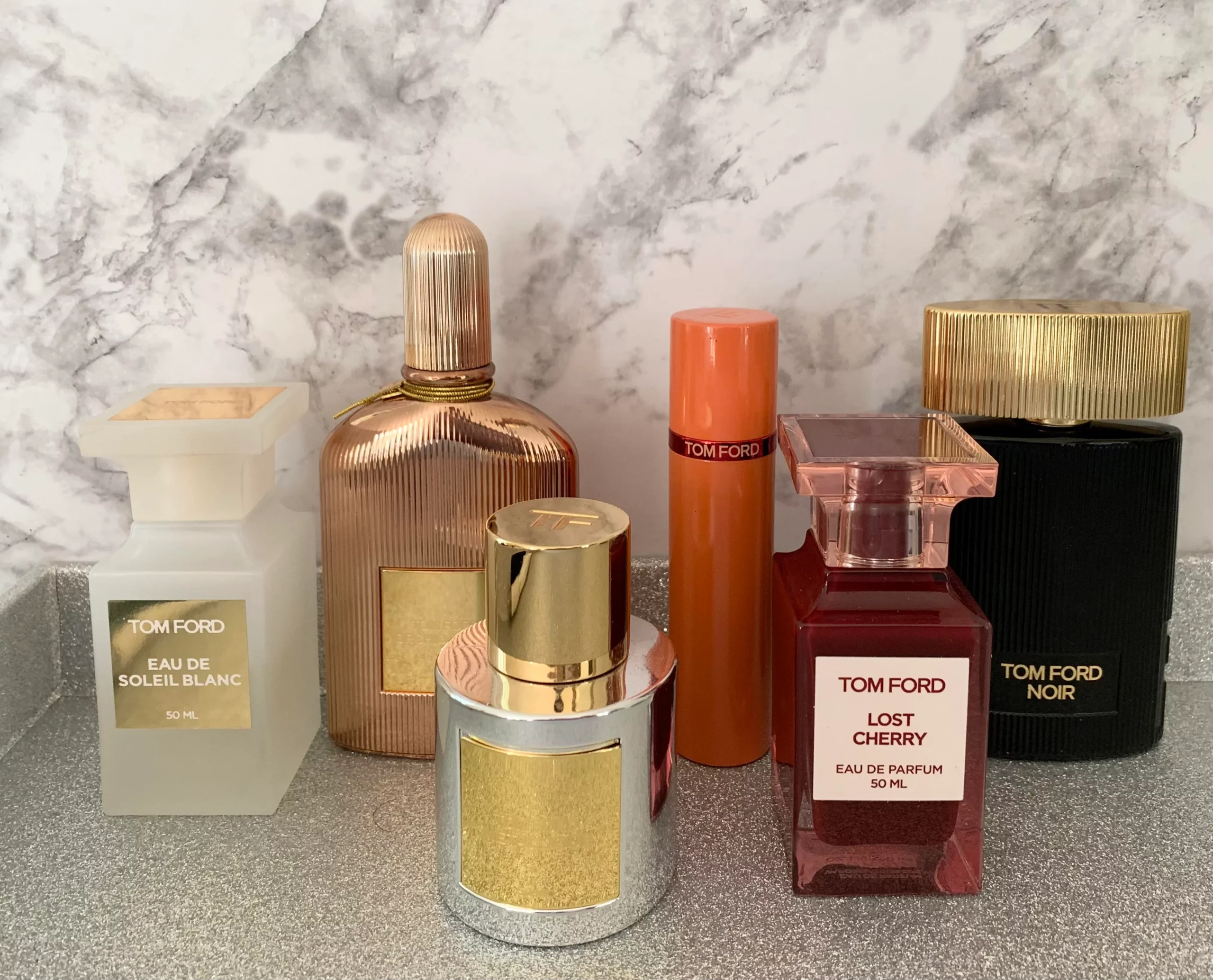
Image source: Reddit
Strong odors, such as perfume, cigarette smoke, household cleaners, and certain chemicals, can trigger migraines in sensitive individuals. Avoid exposure to strong odors whenever possible, and opt for unscented or fragrance-free products to minimize migraine triggers.
36. Manage jaw clenching and teeth grinding
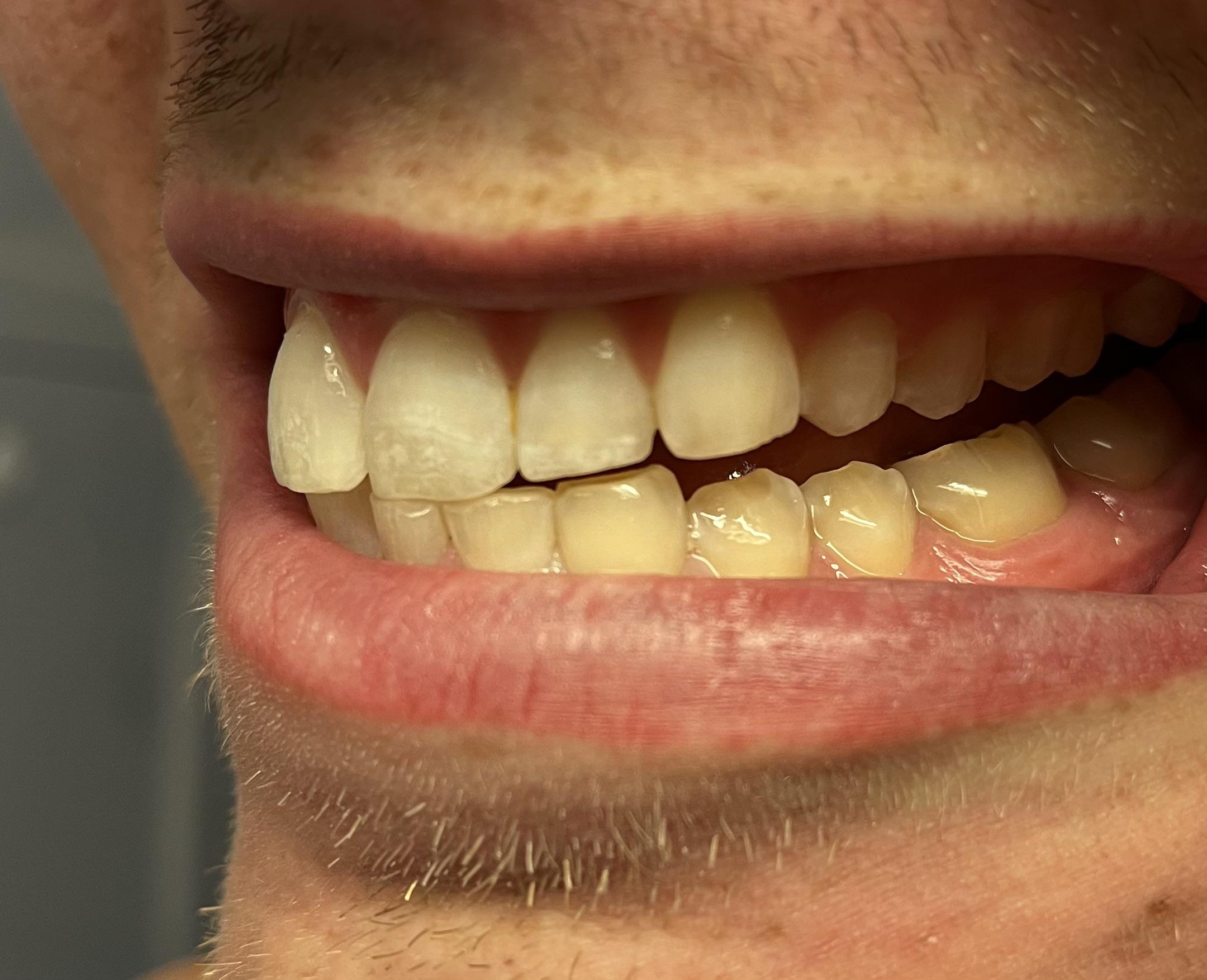
Image source: Reddit
Bruxism, or jaw clenching and teeth grinding, can contribute to migraines by causing muscle tension and temporomandibular joint (TMJ) pain. Practice relaxation techniques to reduce jaw tension, wear a mouthguard at night to protect your teeth, and consider physical therapy or massage to alleviate muscle tension.
37. Avoid over-exertion
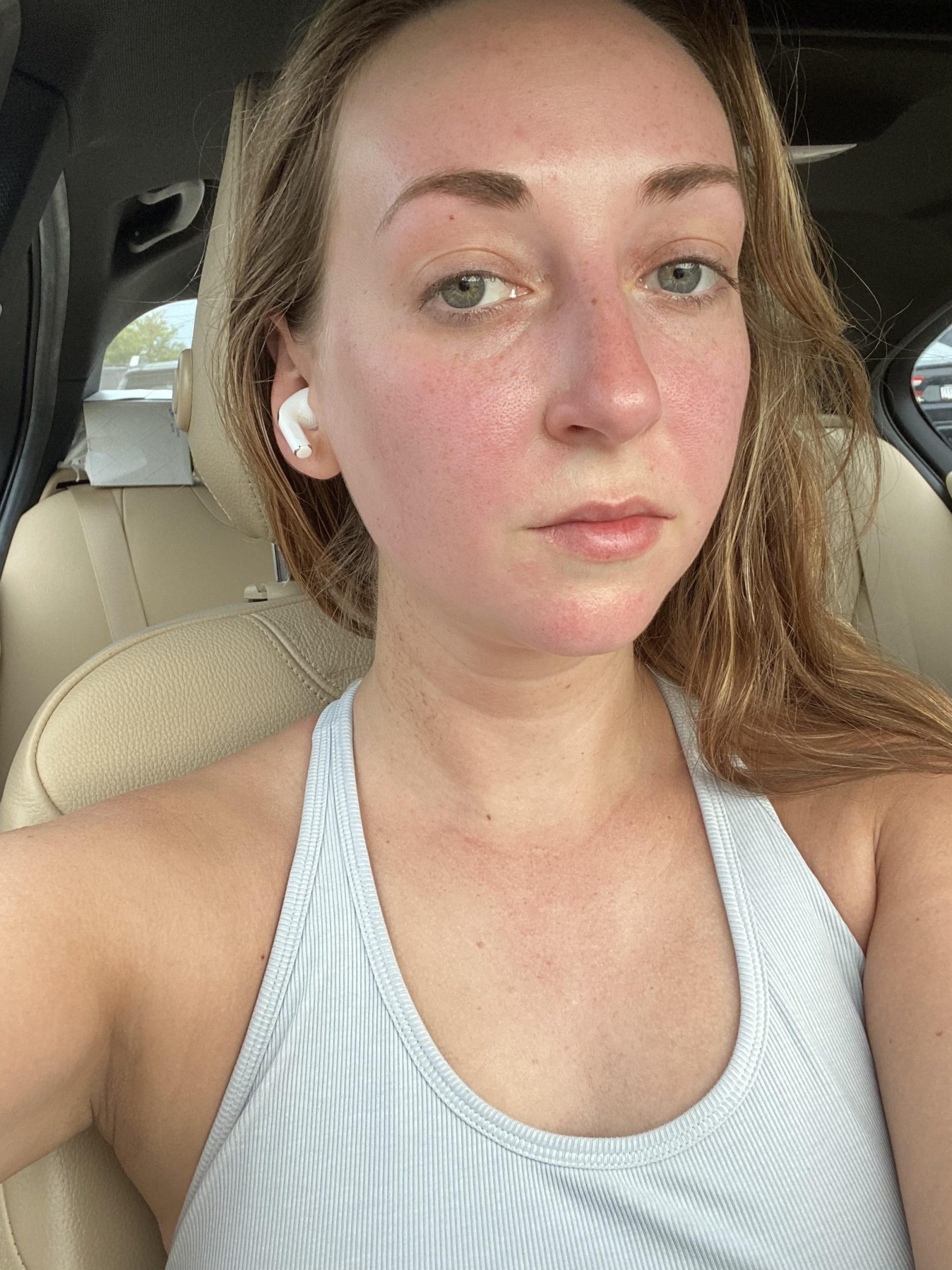
Image source: Reddit
Over-exertion, whether physical or mental, can trigger migraines in susceptible individuals. Pace yourself and avoid pushing yourself too hard, especially during times of stress or fatigue. Listen to your body's signals and take breaks when needed to prevent migraine attacks.
38. Consider hormonal birth control
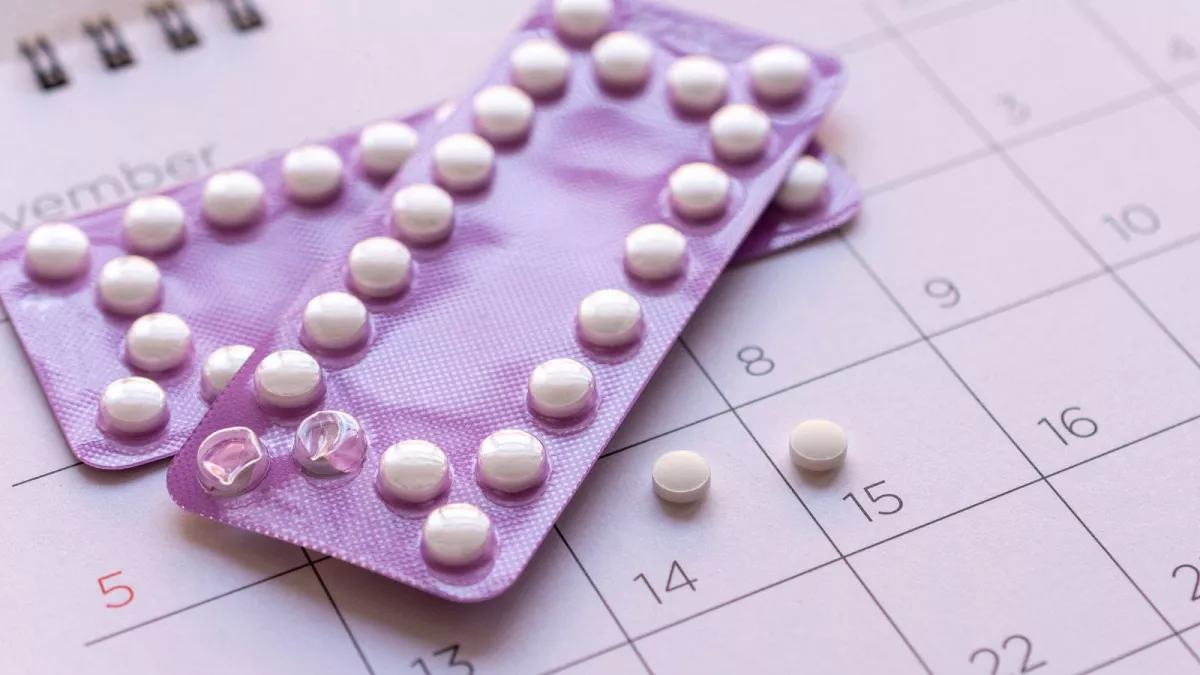
Image source: Euronews.com
For some women, hormonal fluctuations during the menstrual cycle can trigger migraines. Discuss with your healthcare provider whether hormonal birth control methods, such as oral contraceptives or hormonal patches, may help regulate hormone levels and reduce the frequency of menstrual migraines.
39. Practice relaxation before bed
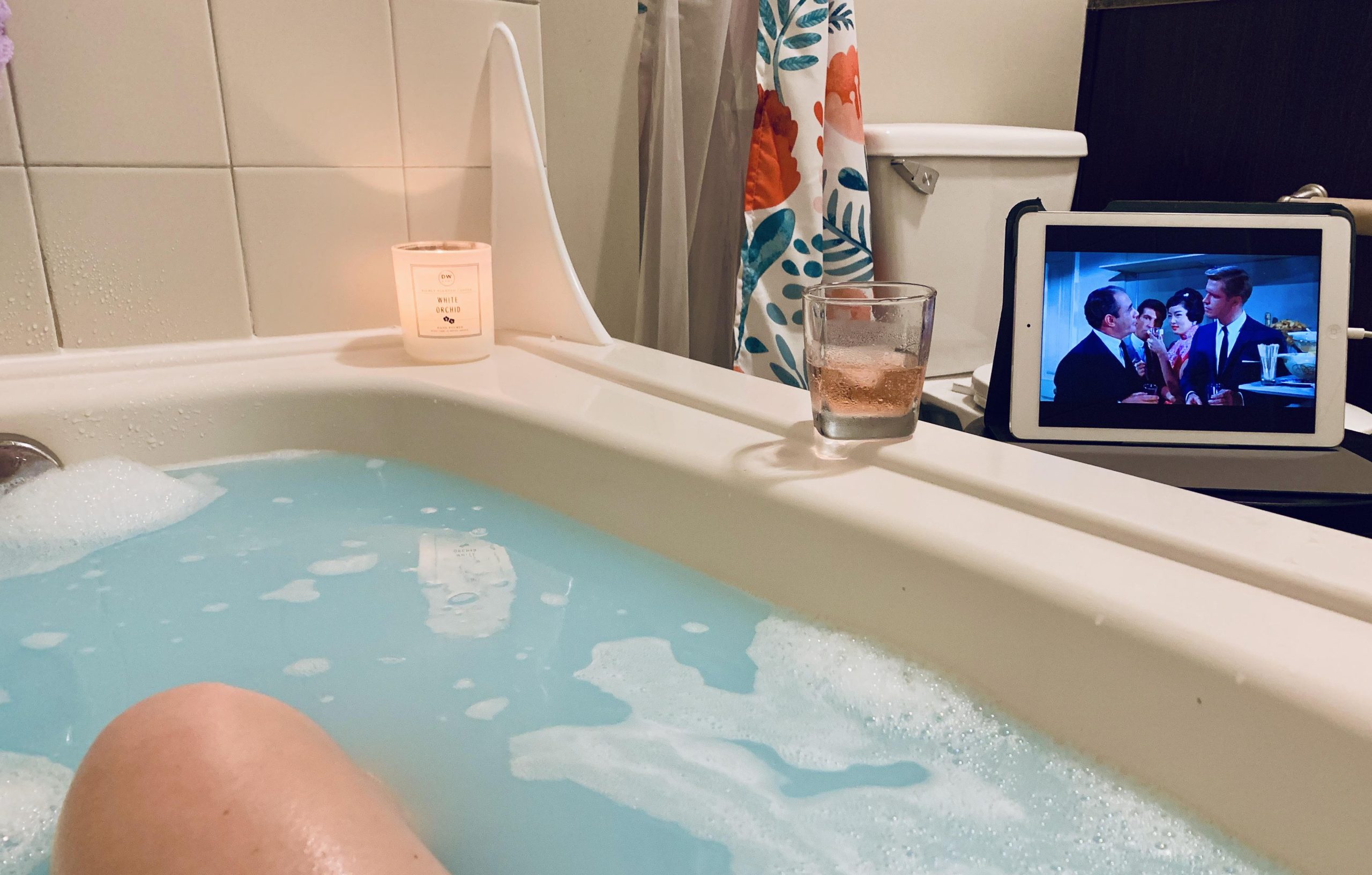
Image source: Reddit
Establish a relaxing bedtime routine to promote better sleep quality and reduce the likelihood of nocturnal migraines. Engage in calming activities such as reading, taking a warm bath, practicing gentle yoga, or listening to soothing music before bedtime to help you unwind and prepare for sleep.
40. Mindful eating
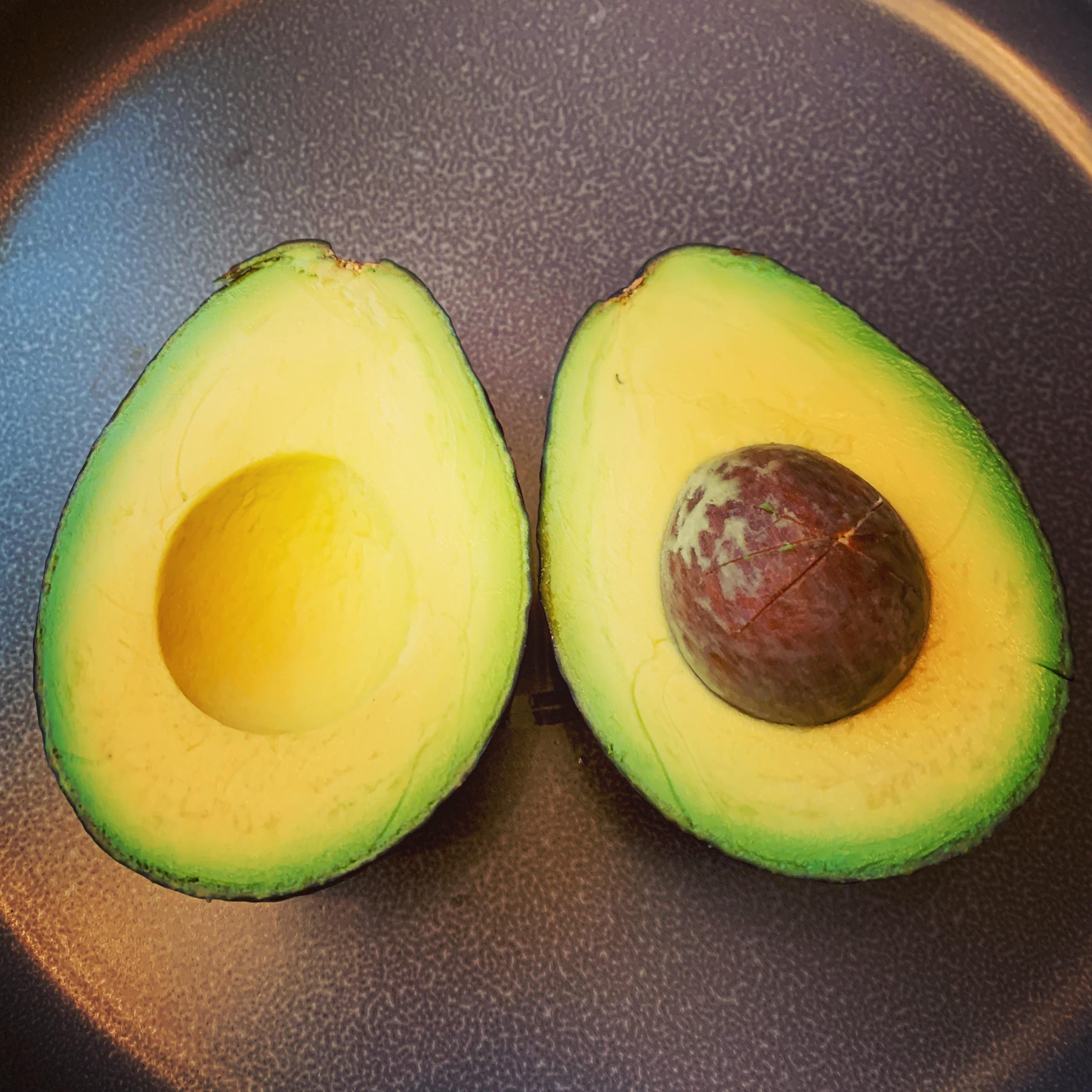
Image source: Reddit
Pay attention to your eating habits and food choices, as certain eating behaviors and dietary factors can trigger migraines. Practice mindful eating by slowing down, chewing your food thoroughly, and paying attention to hunger and fullness cues. Be mindful of potential trigger foods and avoid consuming large meals or skipping meals, which can also trigger migraines.
41. It's not a migraine so what causes headaches? -
Tension
Image source: Reddit
Tension headaches are the most common type of headache and are often caused by muscle tension in the head, neck, and shoulders. They are typically characterized by a dull, pressure-like sensation on both sides of the head which can be very annoying.
42. Sinusitis
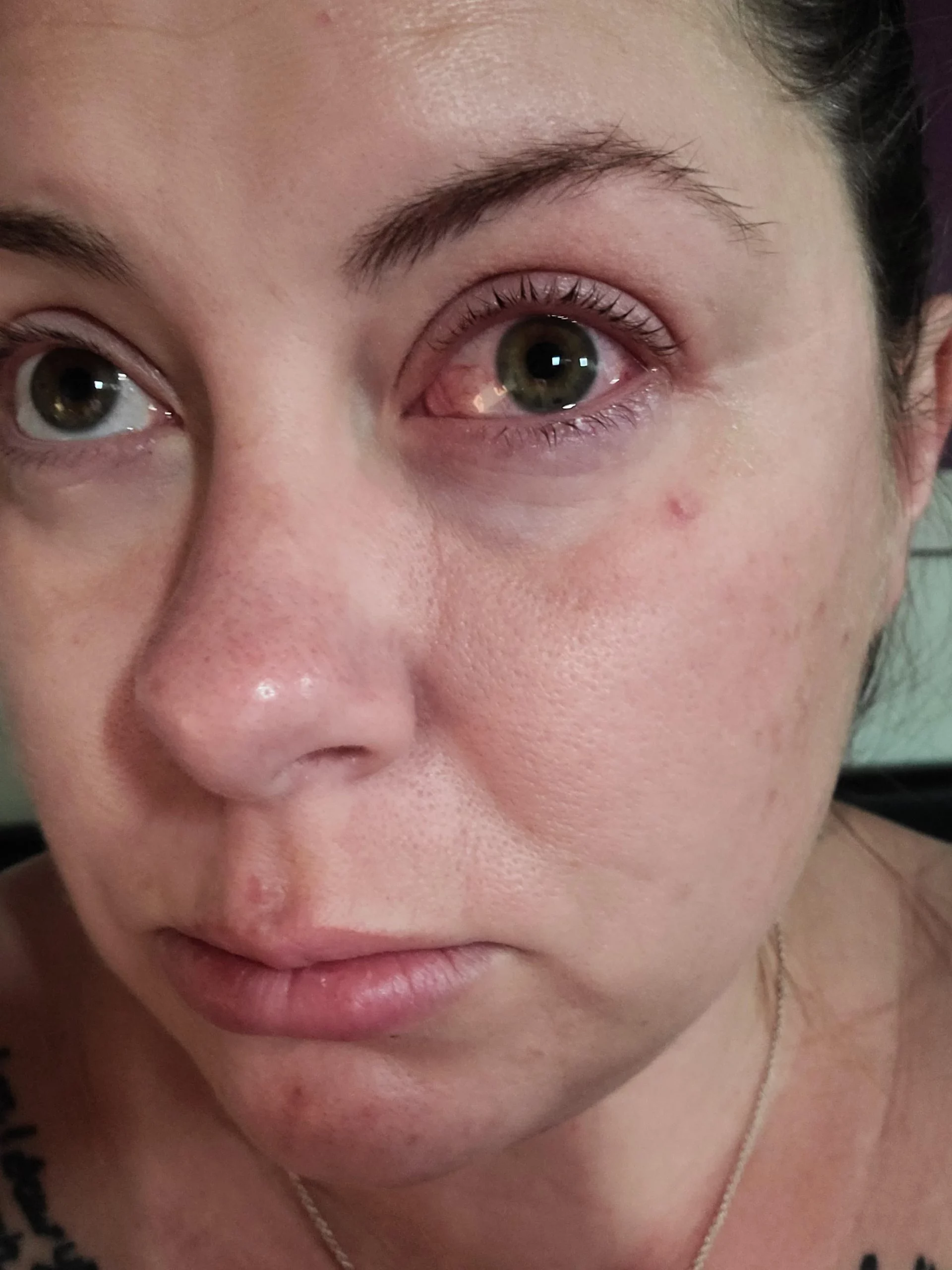
Image source: Reddit
Sinus headaches are caused by inflammation or infection of the sinus cavities, which can result in pain and pressure around the forehead, cheeks, and eyes. They are often accompanied by nasal congestion, facial tenderness, and a feeling of fullness in the ears.
43. Cluster headaches
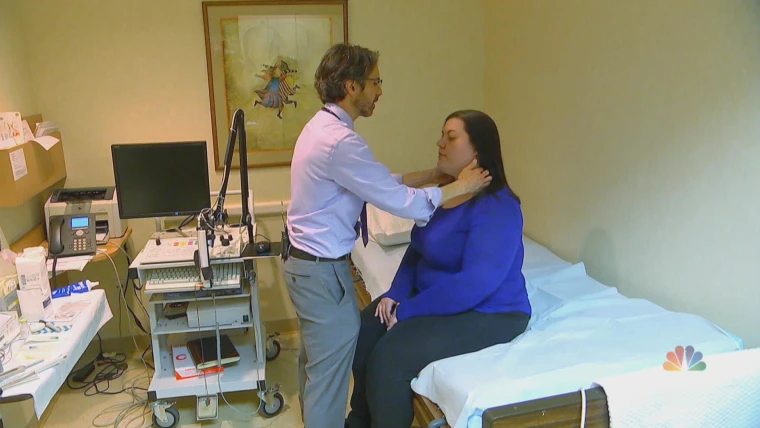
Image source: NBC News
Cluster headaches are characterized by severe, debilitating pain that typically occurs on one side of the head, often around the eye or temple. They occur in clusters or cycles, with frequent attacks lasting from weeks to months, followed by periods of remission.
44. Caffeine withdrawal

Image source: CBC
Abruptly reducing or stopping caffeine intake can trigger headaches in individuals who are accustomed to regular caffeine consumption. Caffeine withdrawal headaches are often described as throbbing and may be accompanied by fatigue, irritability, and difficulty concentrating.
45. Dehydration
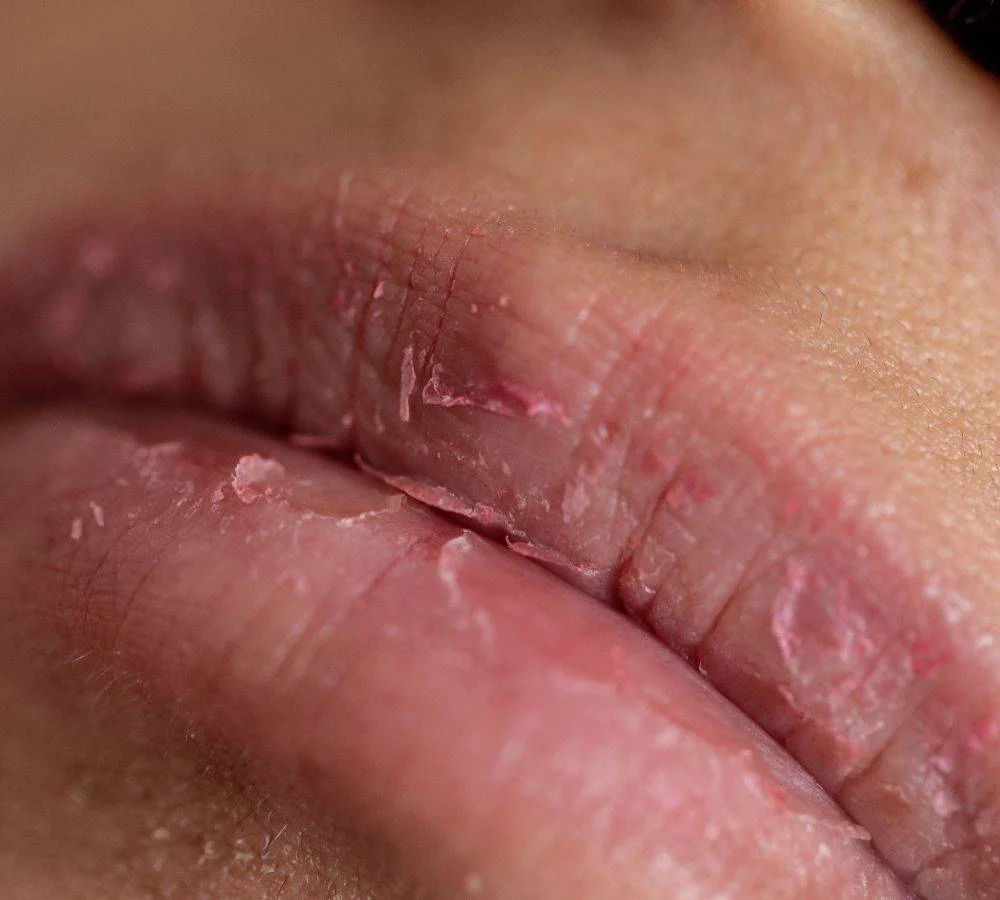
Image source: SkinMart
Dehydration can lead to headaches due to reduced fluid volume and electrolyte imbalances in the body. Common symptoms of dehydration headaches include not a piercing pain but a dull, persistent ache, along with thirst, dry mouth, and dark-colored urine.
46. Eye strain
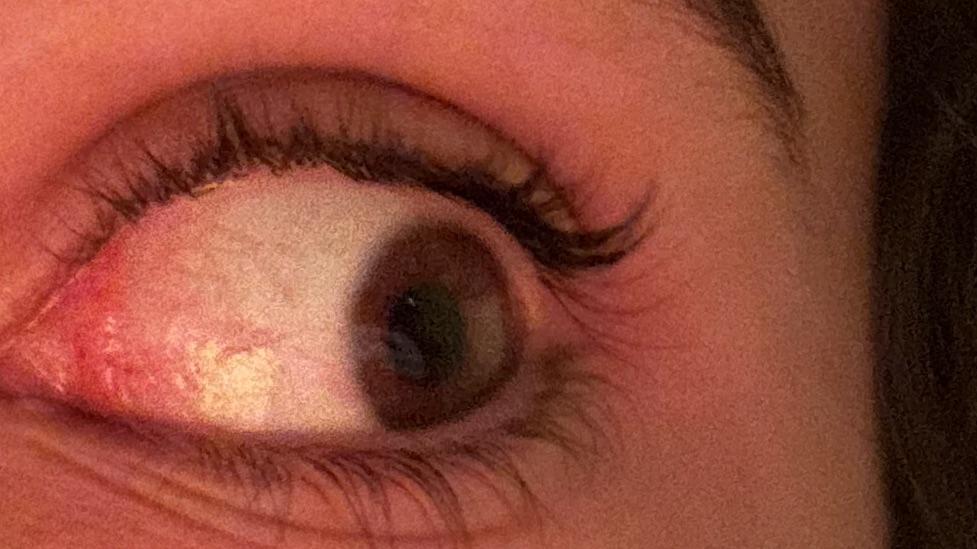
Image source: Reddit
Prolonged periods of focusing on screens, reading, or other close-up activities can strain the muscles and nerves around the eyes, leading to tension headaches. Taking regular breaks, practicing the 20-20-20 rule (taking a 20-second break every 20 minutes to look at something 20 feet away), and ensuring proper lighting can help reduce eyestrain-related headaches.
47. Hormonal changes

Image source: Prevention
Hormonal fluctuations, particularly in women, can trigger headaches at certain times during the menstrual cycle, pregnancy, or menopause. Oestrogen fluctuations are thought to play a role in hormonal headaches, which may occur just before or during menstruation.
48. Medication overuse headaches

Image source: CBS News
Overuse or misuse of certain medications, particularly pain relievers like ibuprofen, acetaminophen, and aspirin, can lead to rebound headaches. These headaches occur when the effects of the medication wear off, causing a cycle of dependency and worsening headaches.
49. Weather changes

Image source: Reddit
Sudden changes in weather, such as changes in barometric pressure, temperature, humidity, or air pressure, can trigger headaches in some individuals. Weather-related headaches are often described as throbbing or pressure-like and may be associated with changes in atmospheric conditions.
50. Sleep disturbances
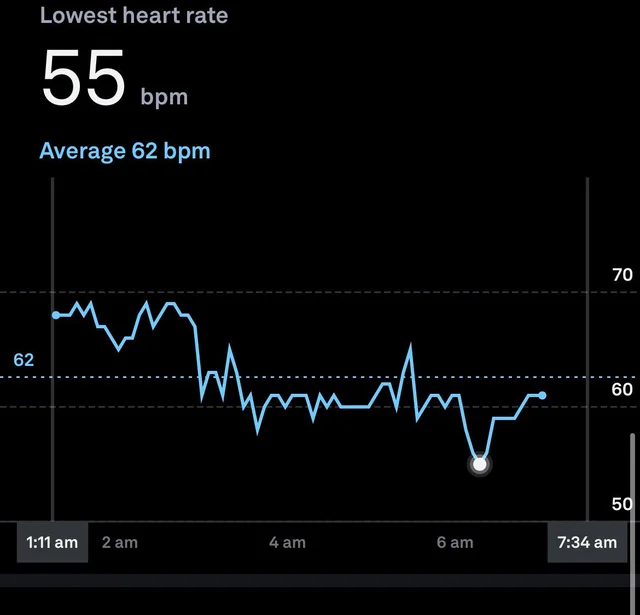
Image source: Reddit
Lack of sleep, poor sleep quality, or disruptions to sleep patterns can contribute to headaches. Sleep-related headaches may be caused by a variety of factors, including sleep apnea, insomnia, restless legs syndrome, or sleep disorders such as narcolepsy.

















































